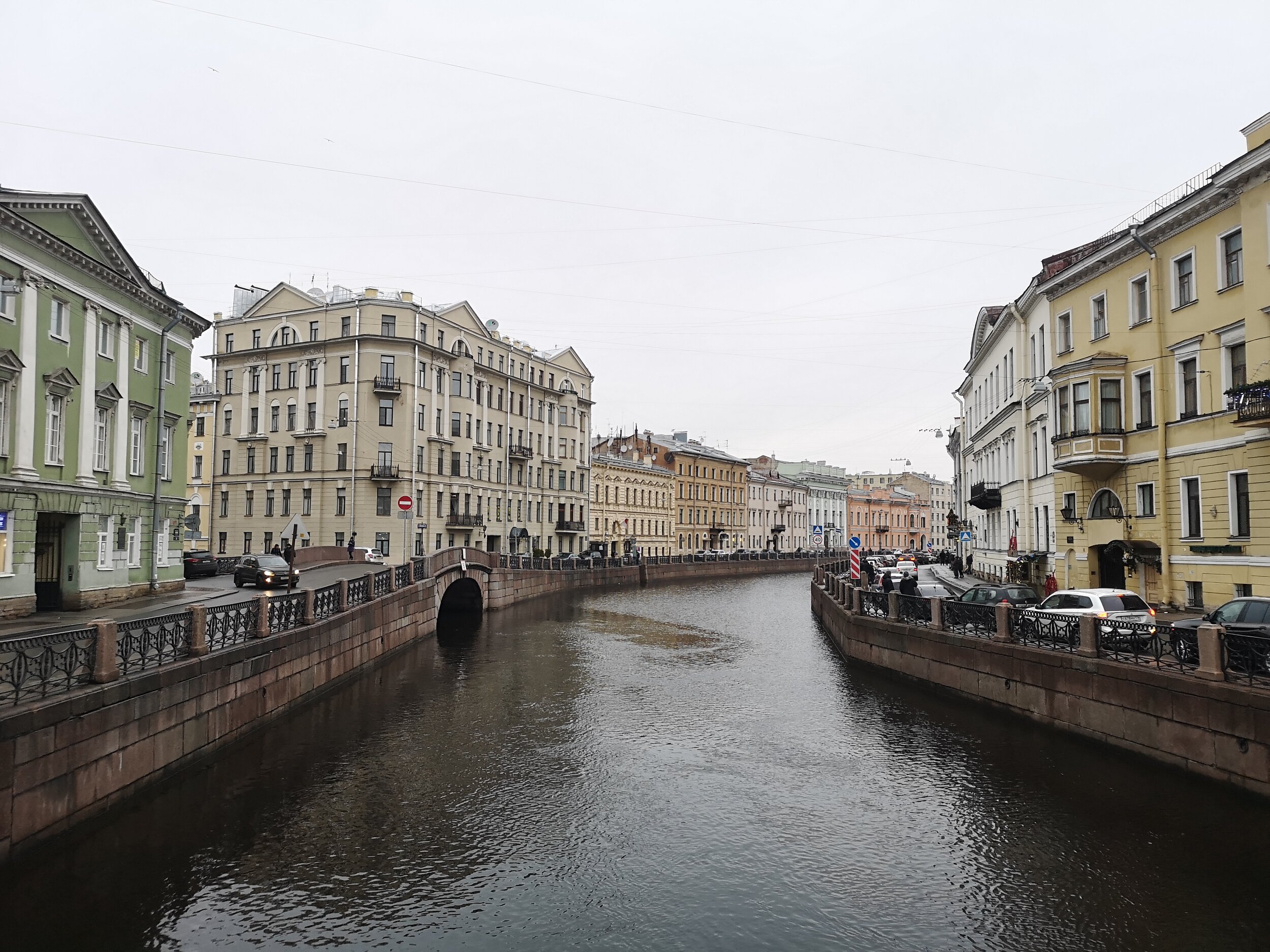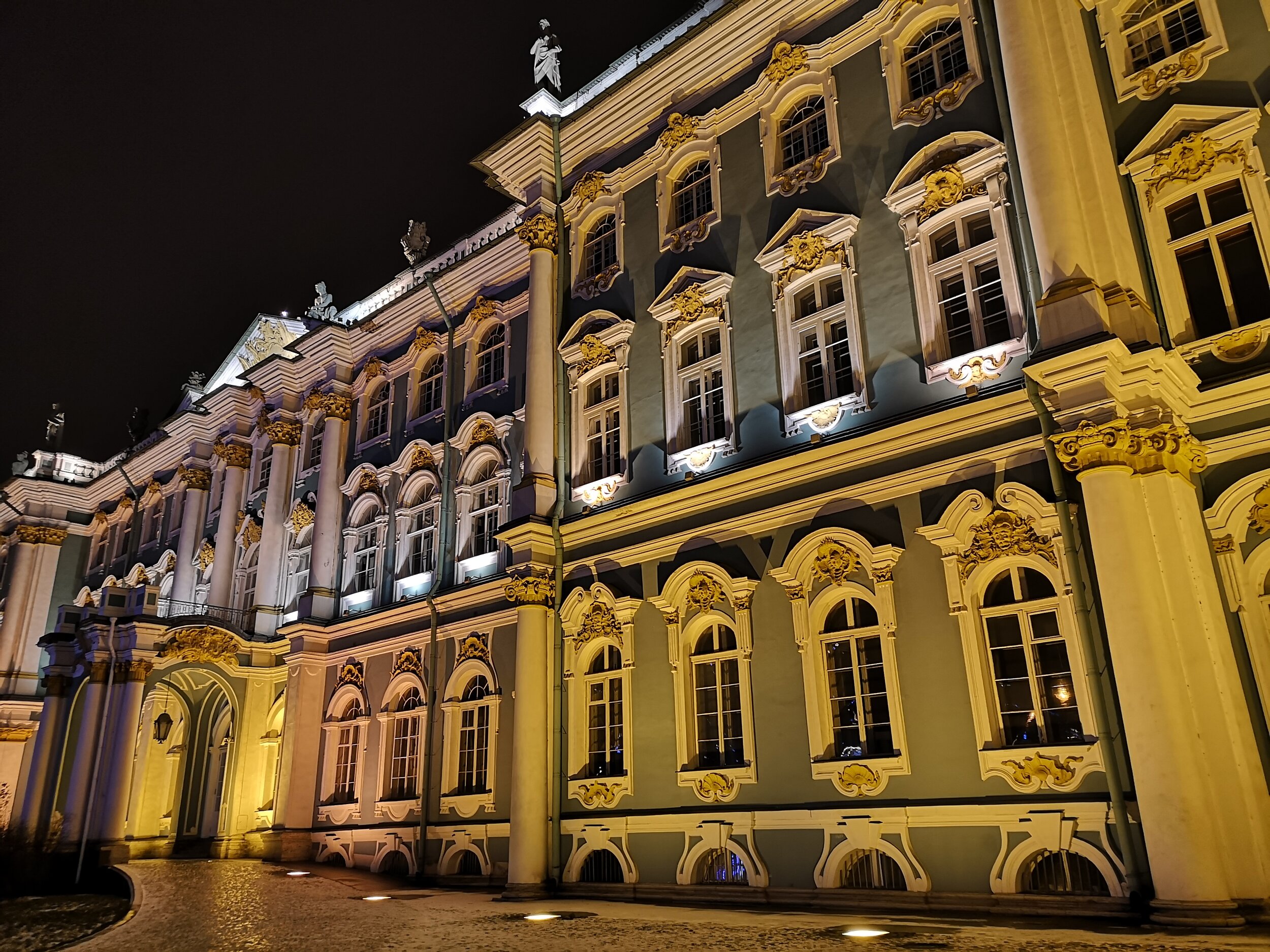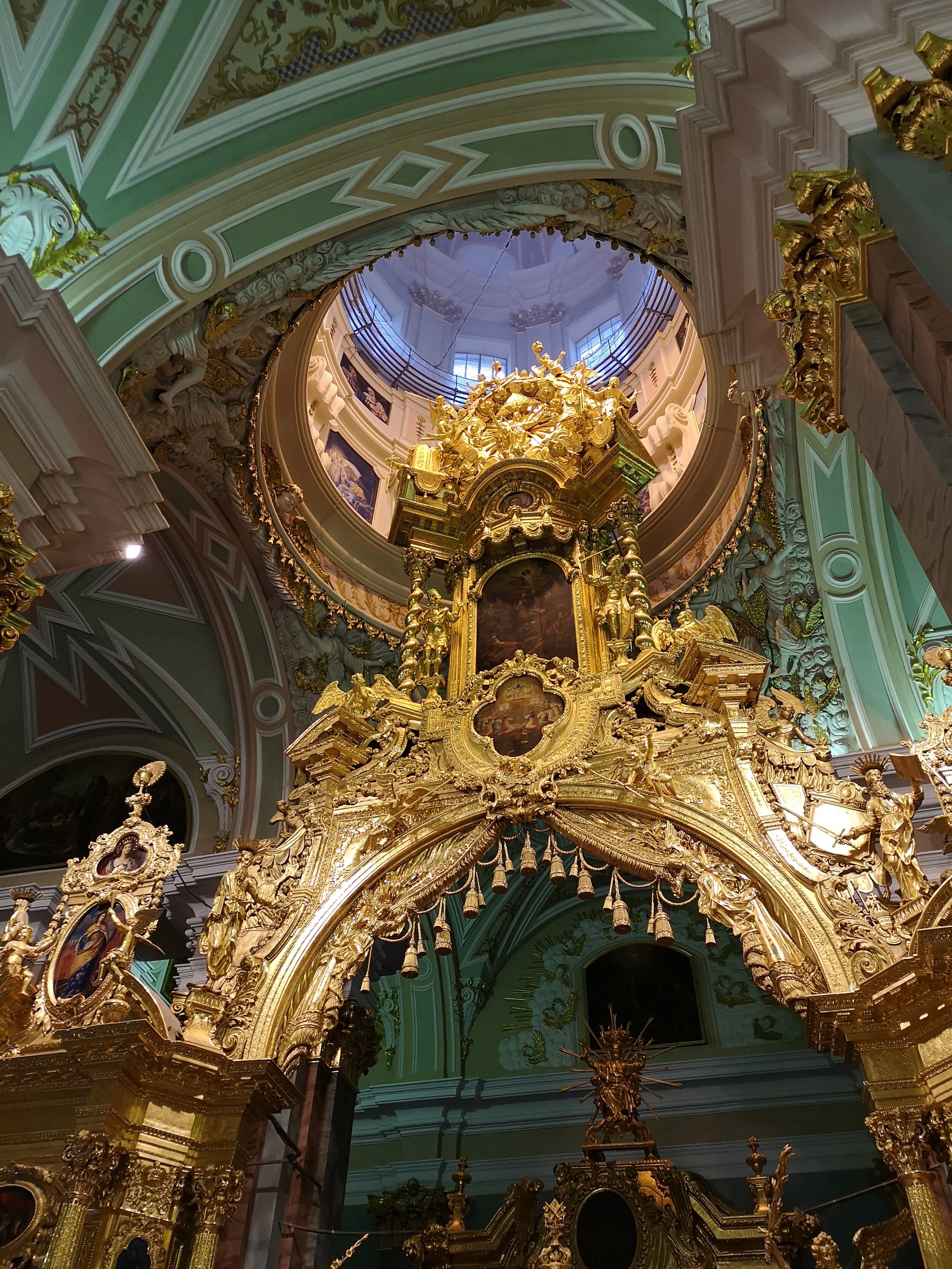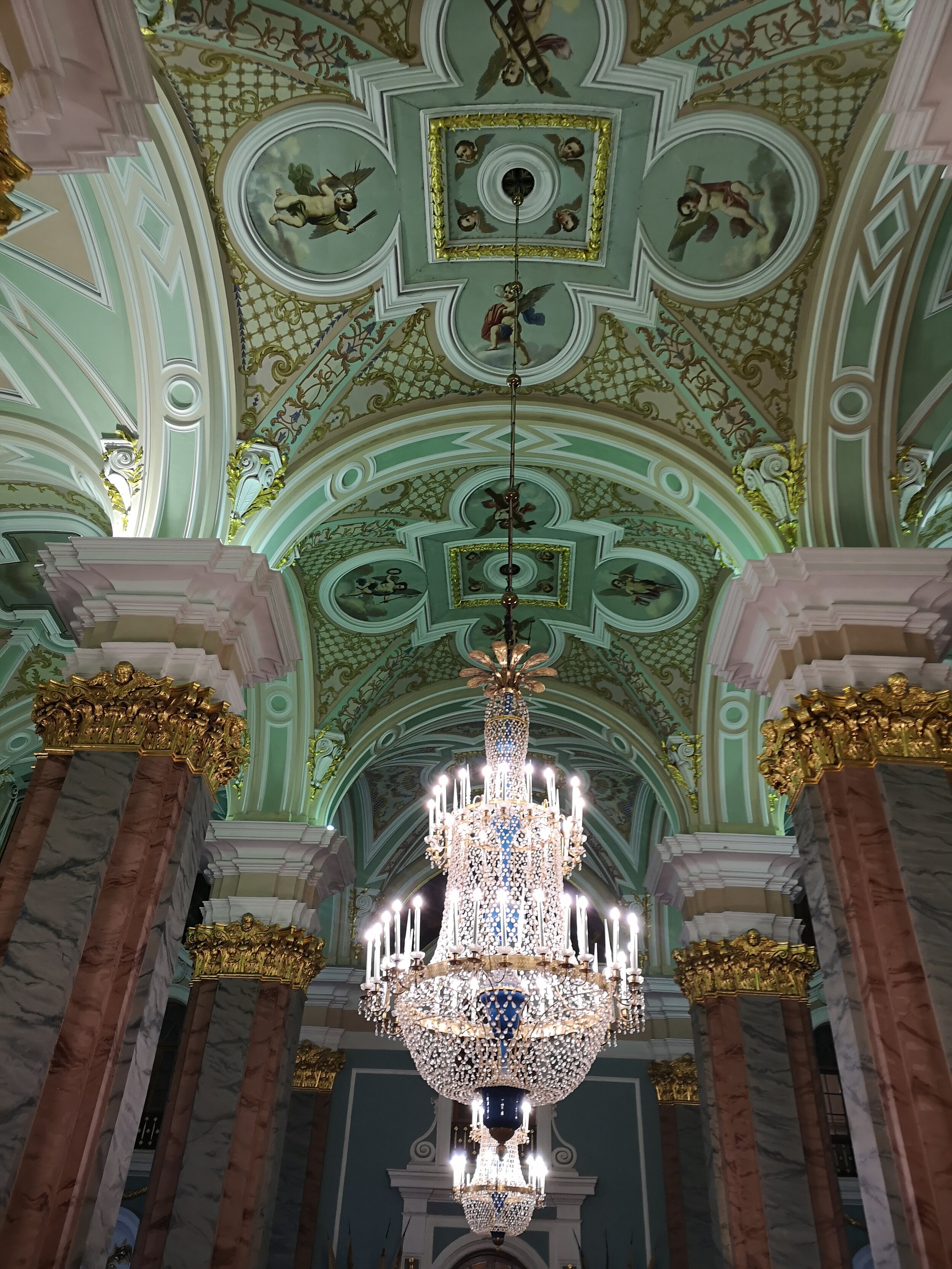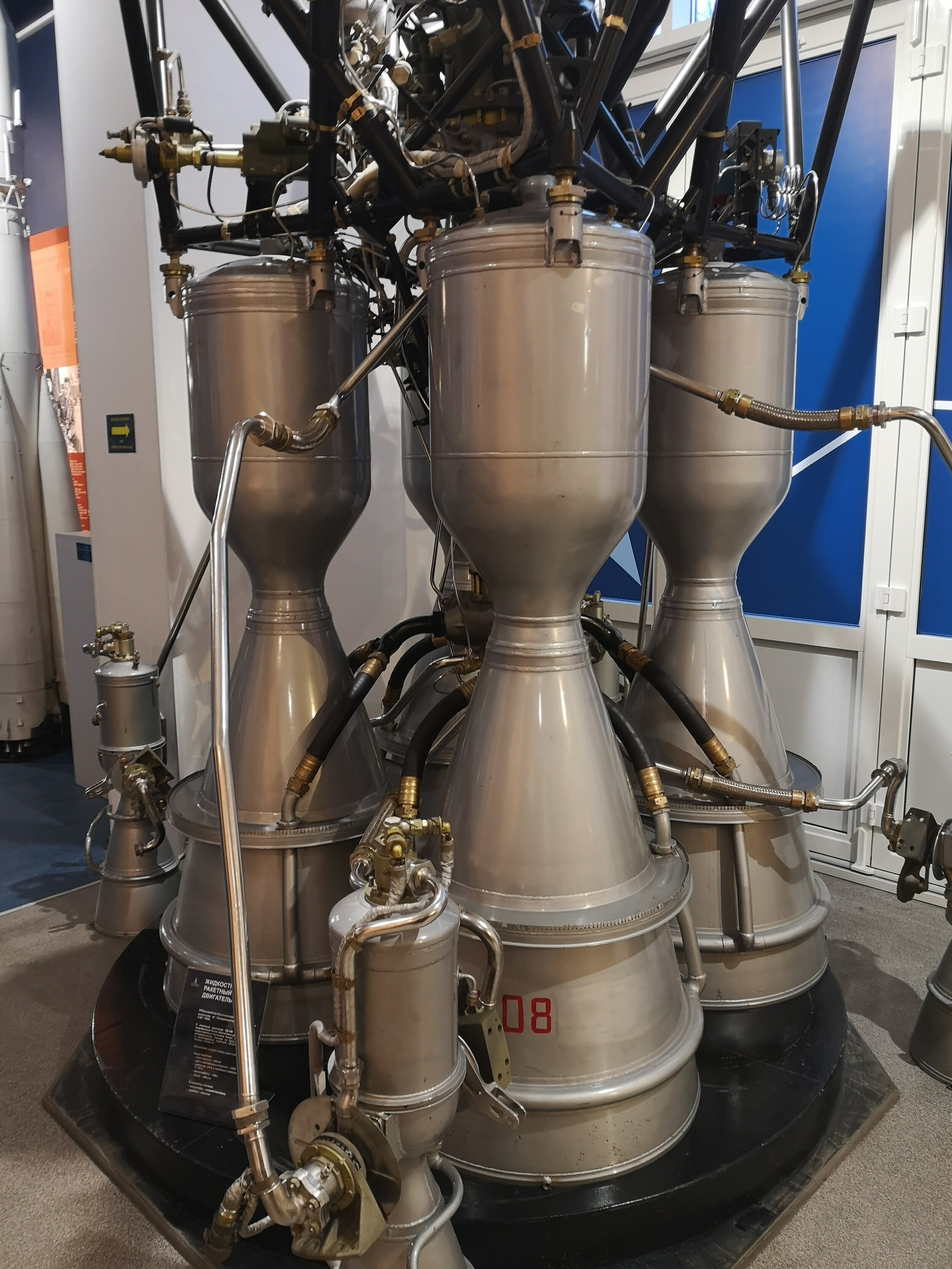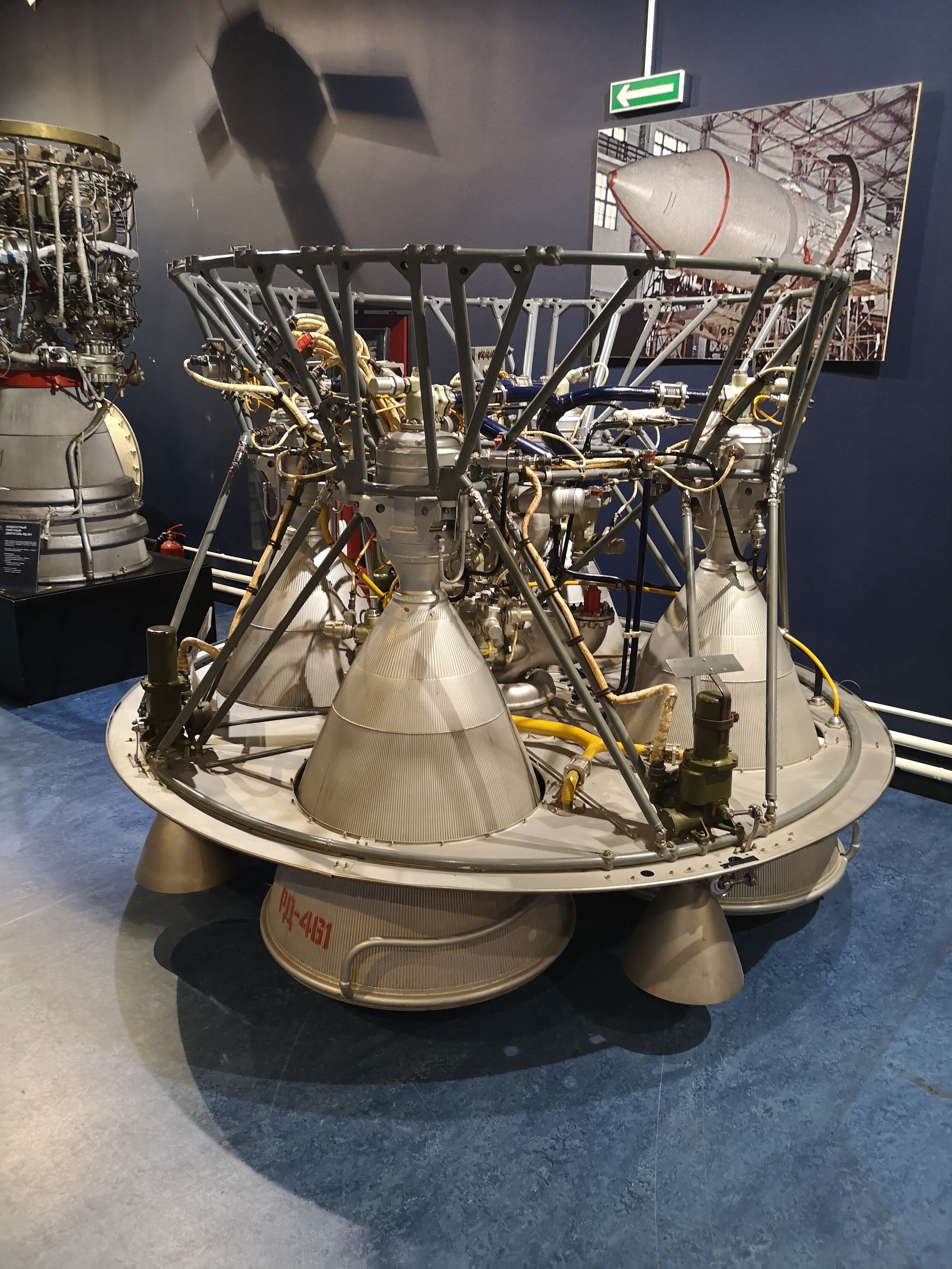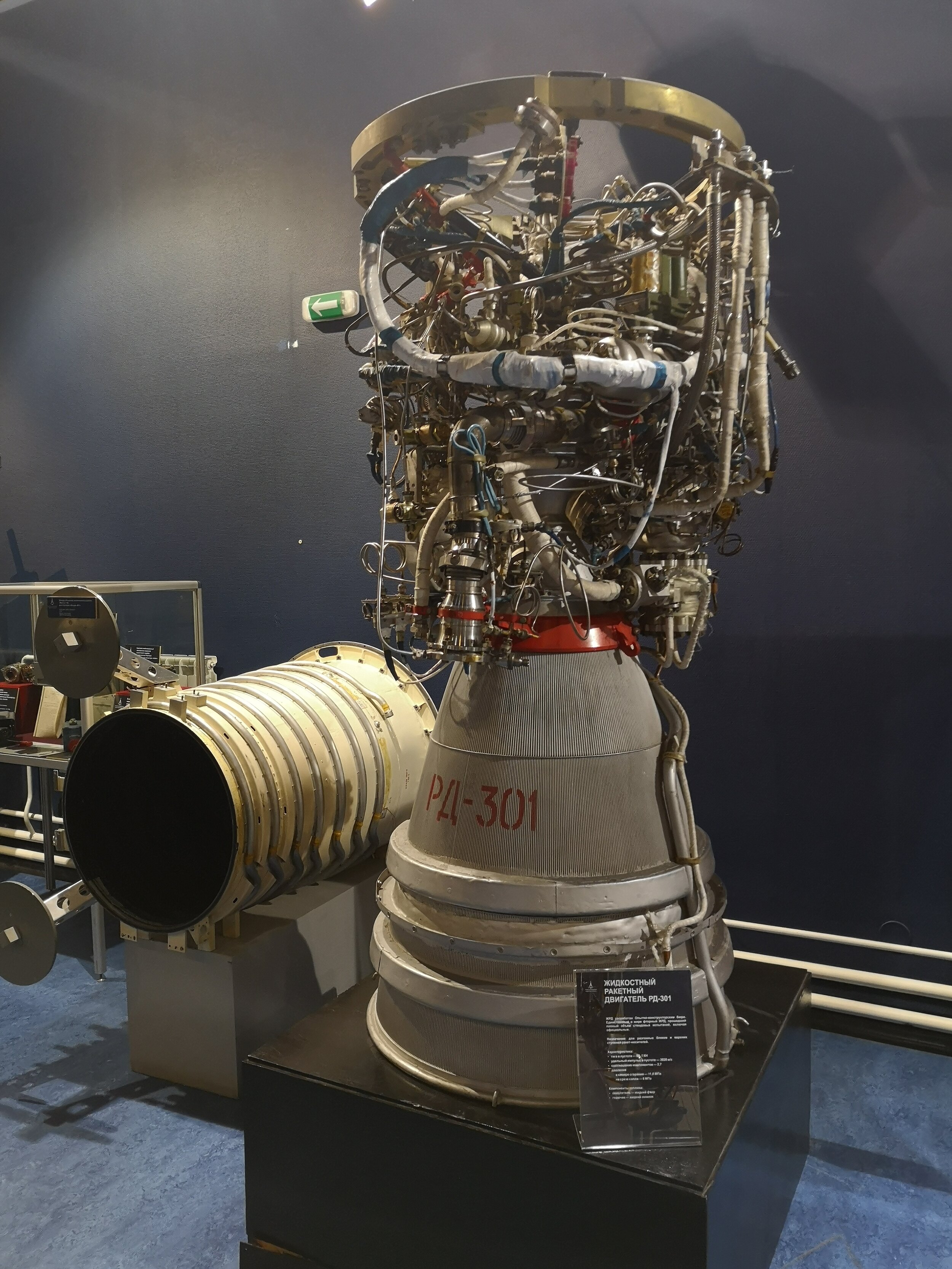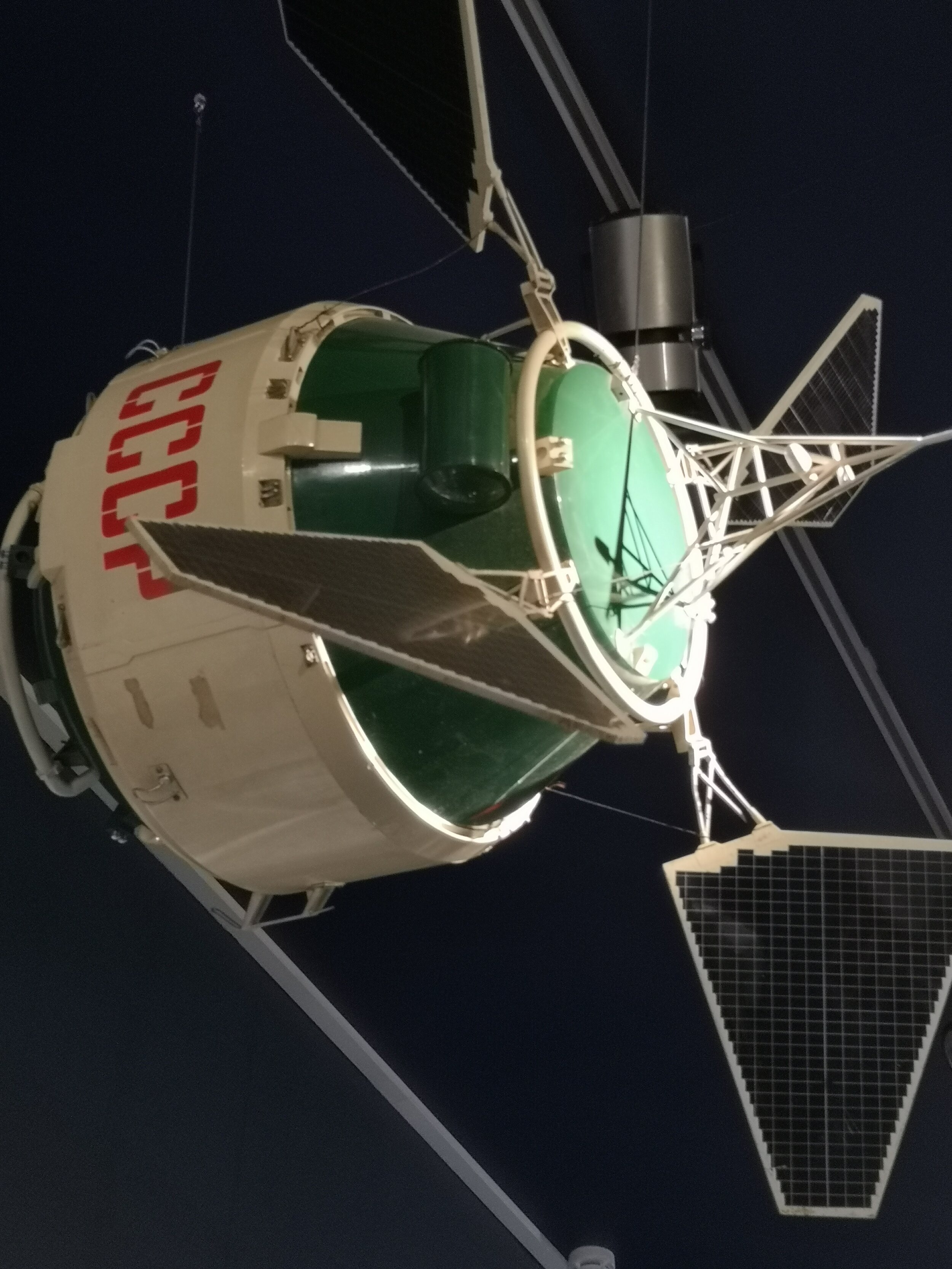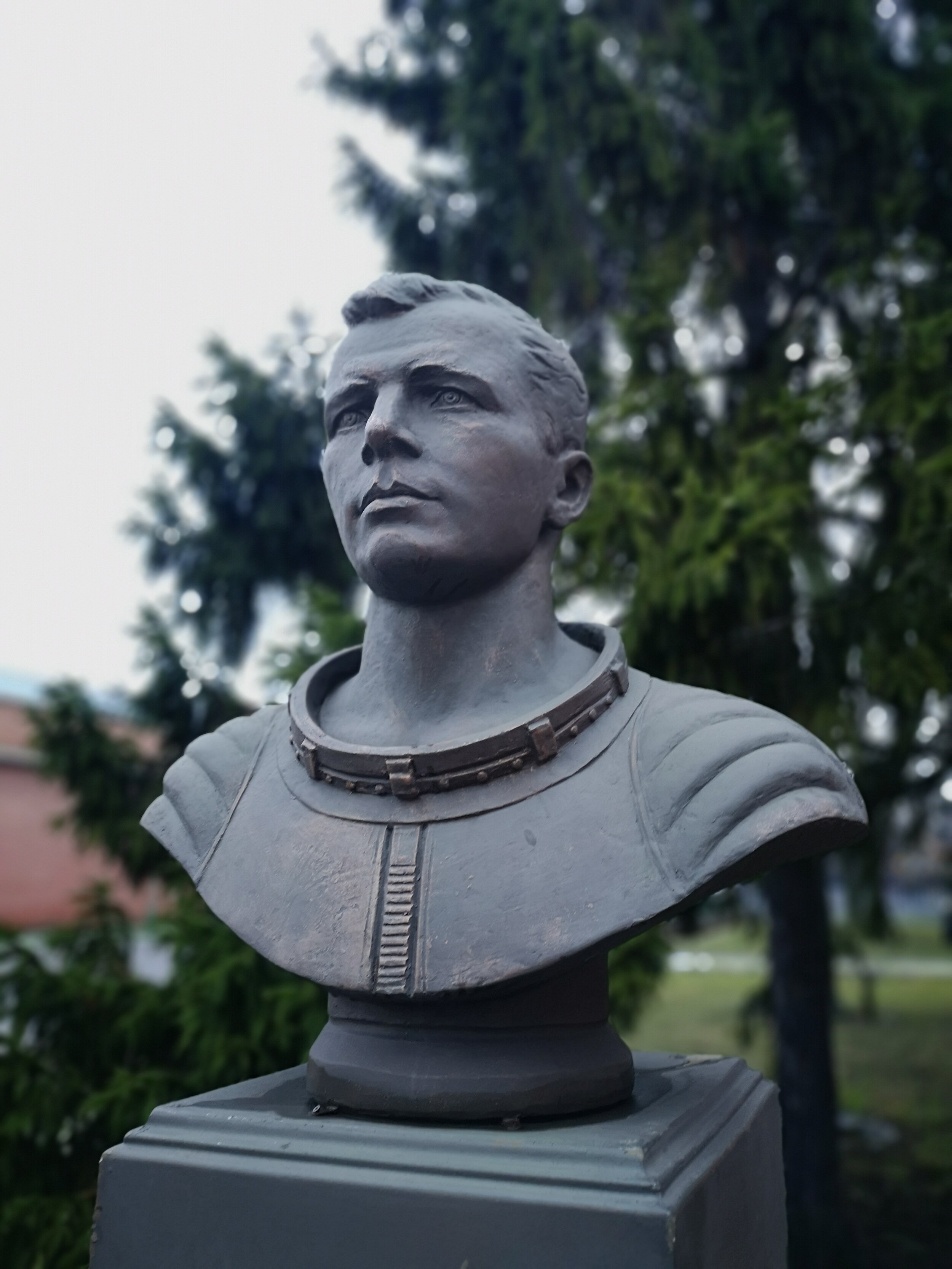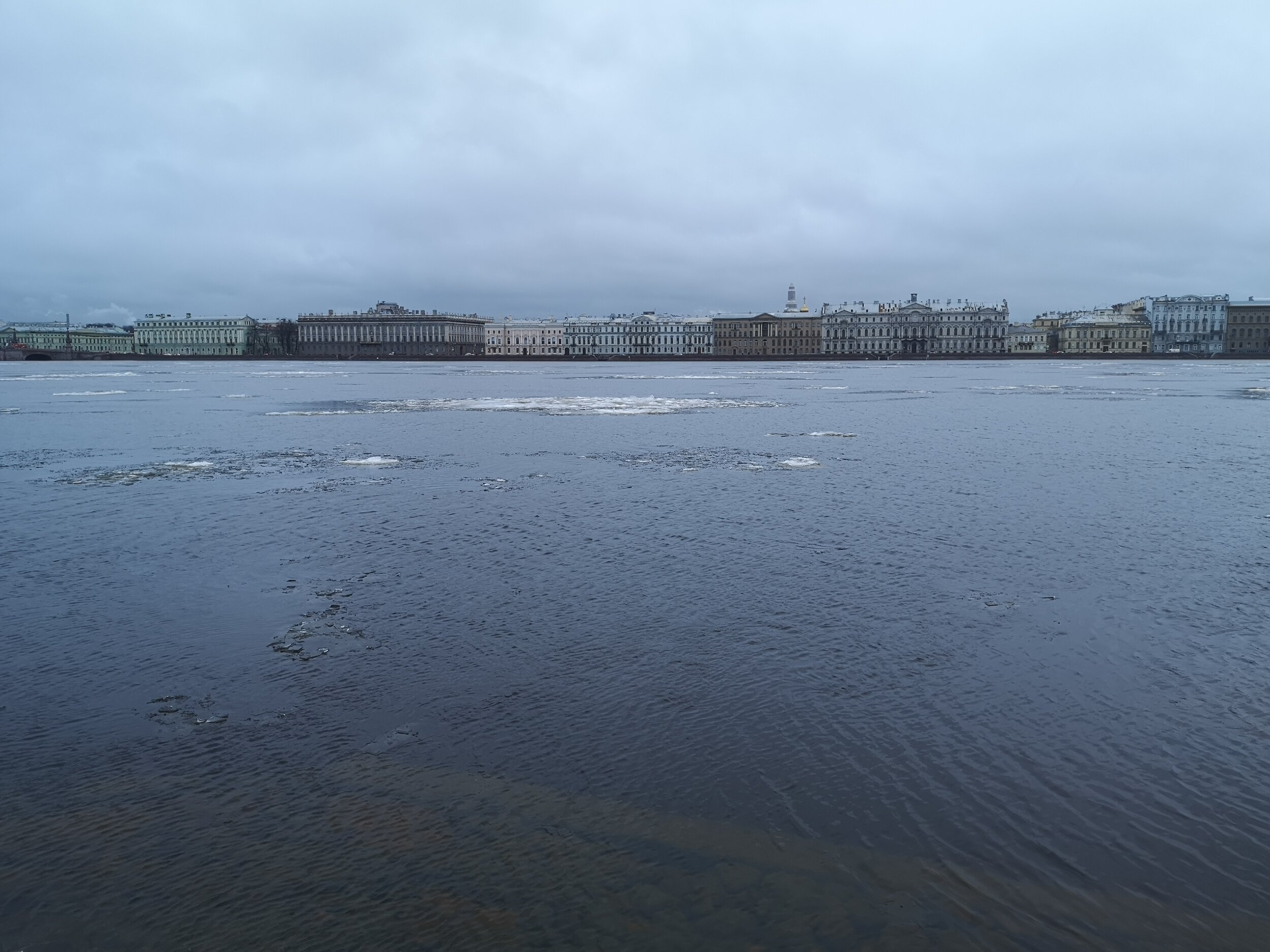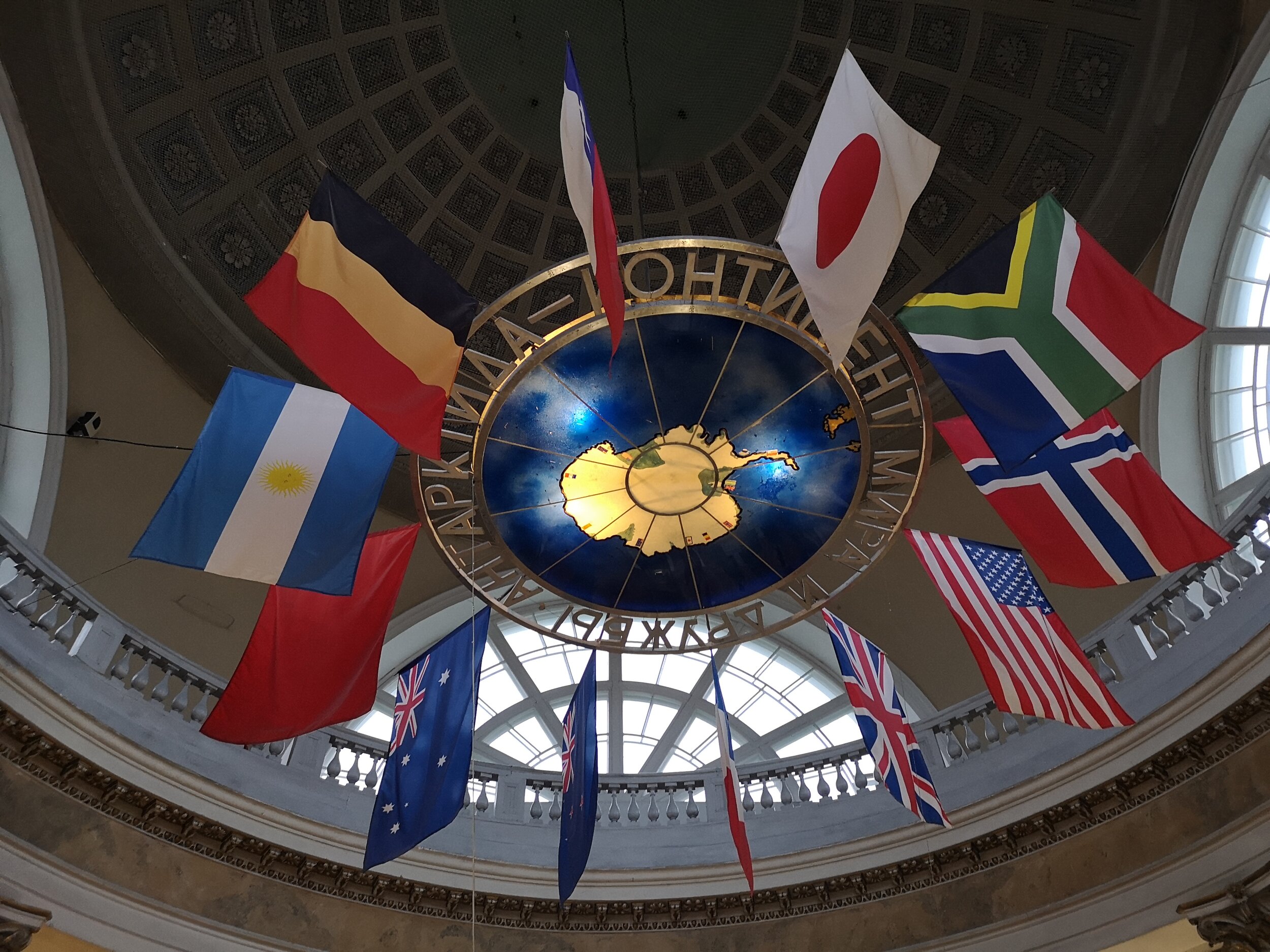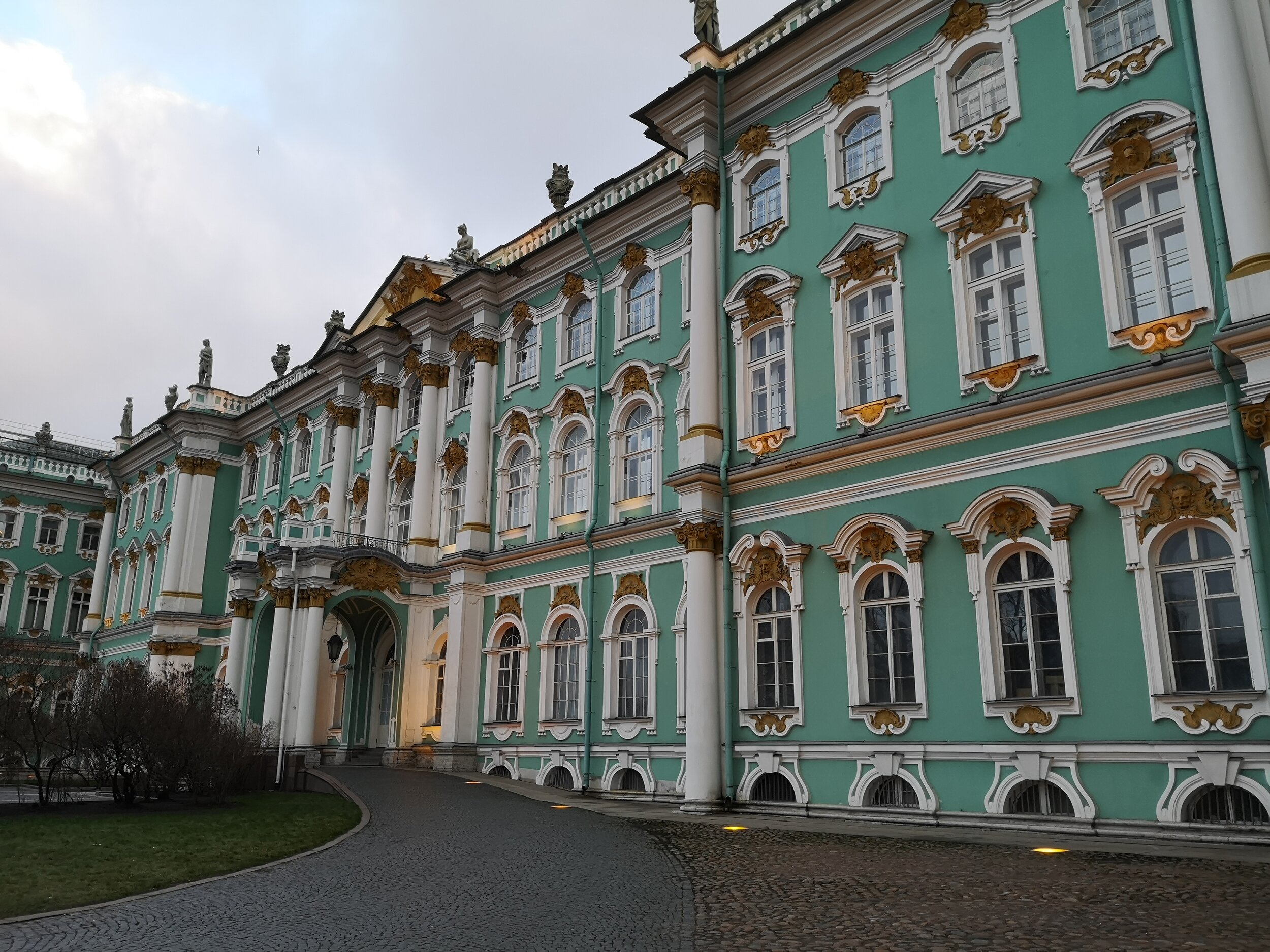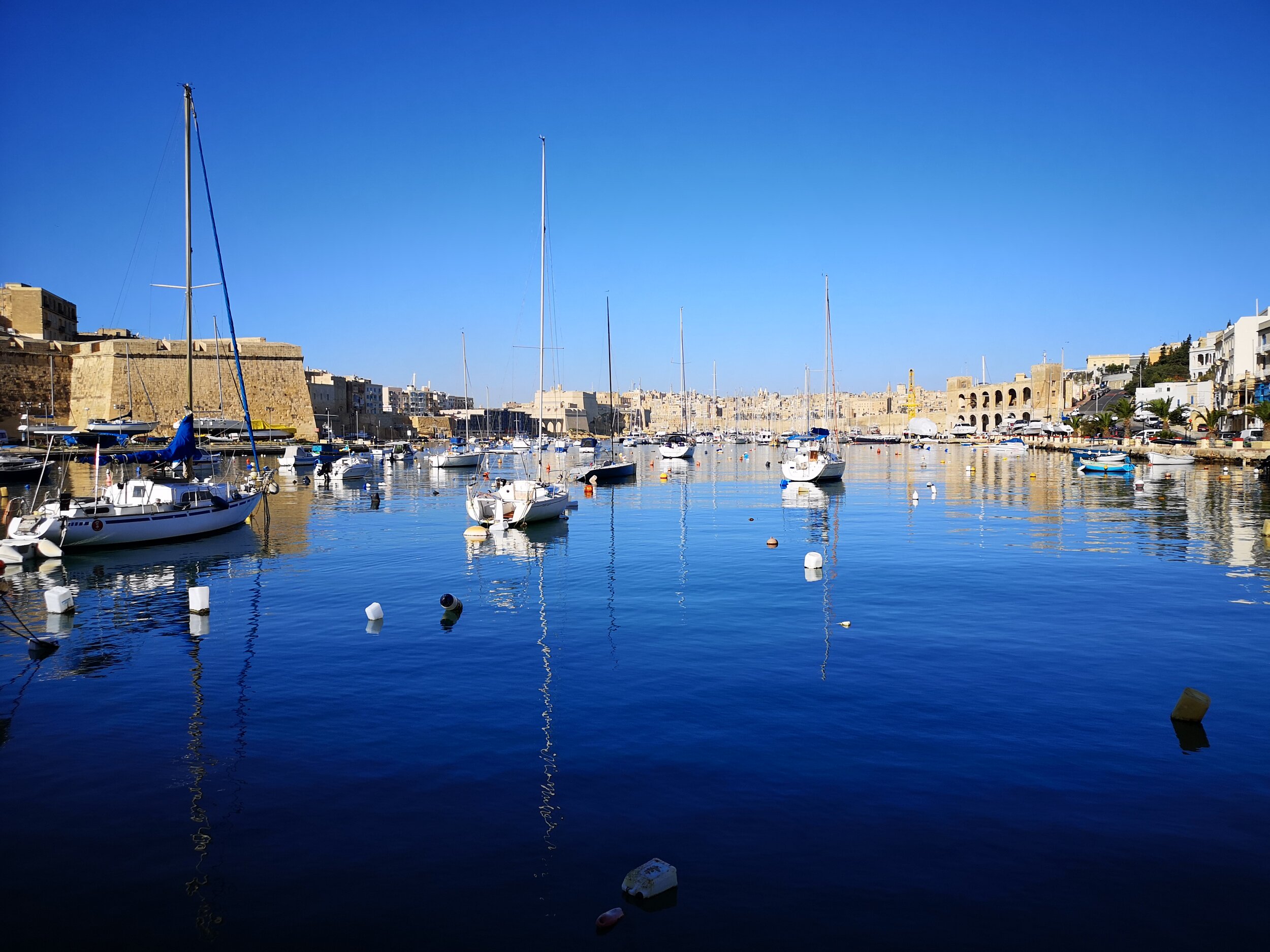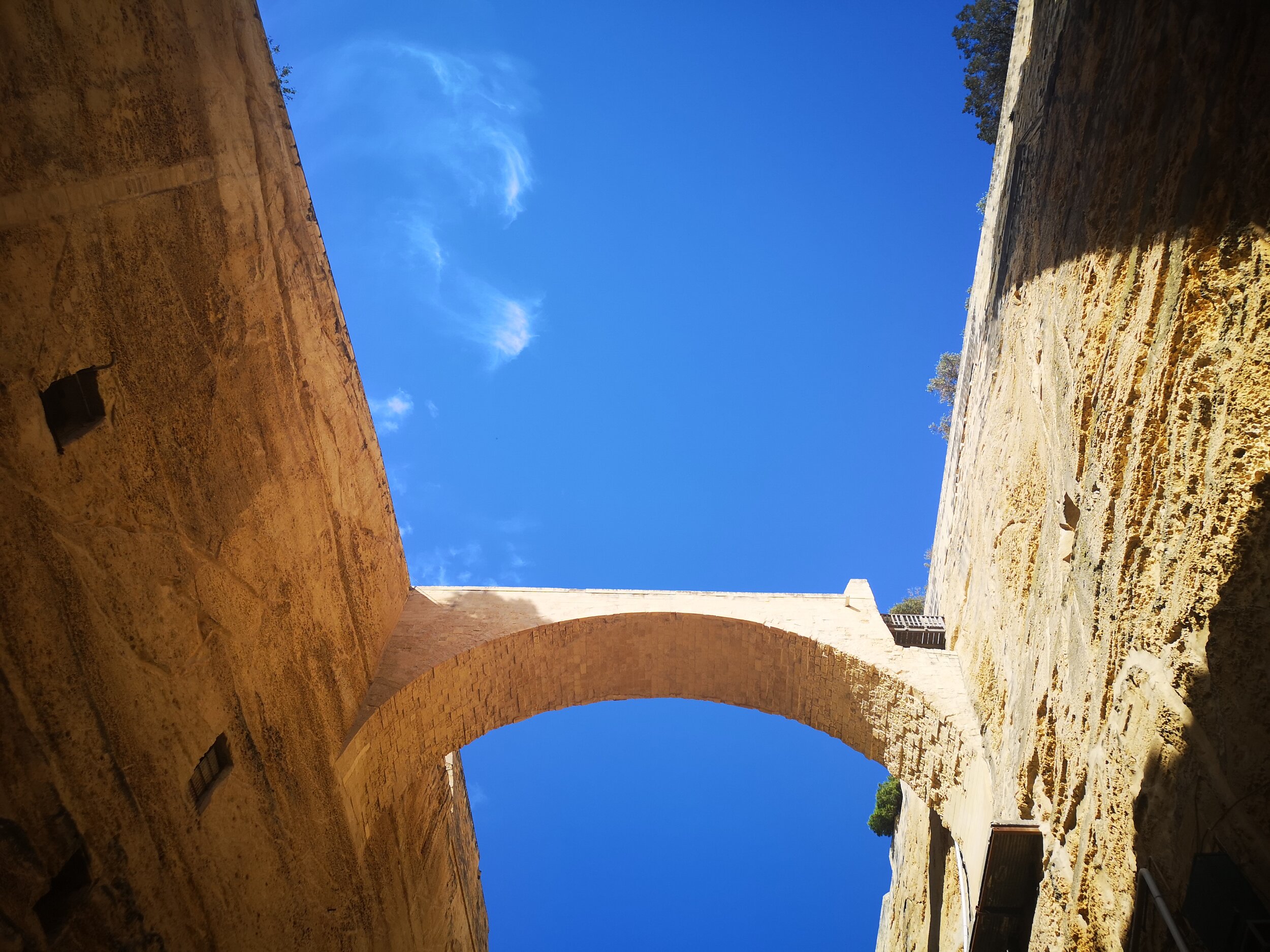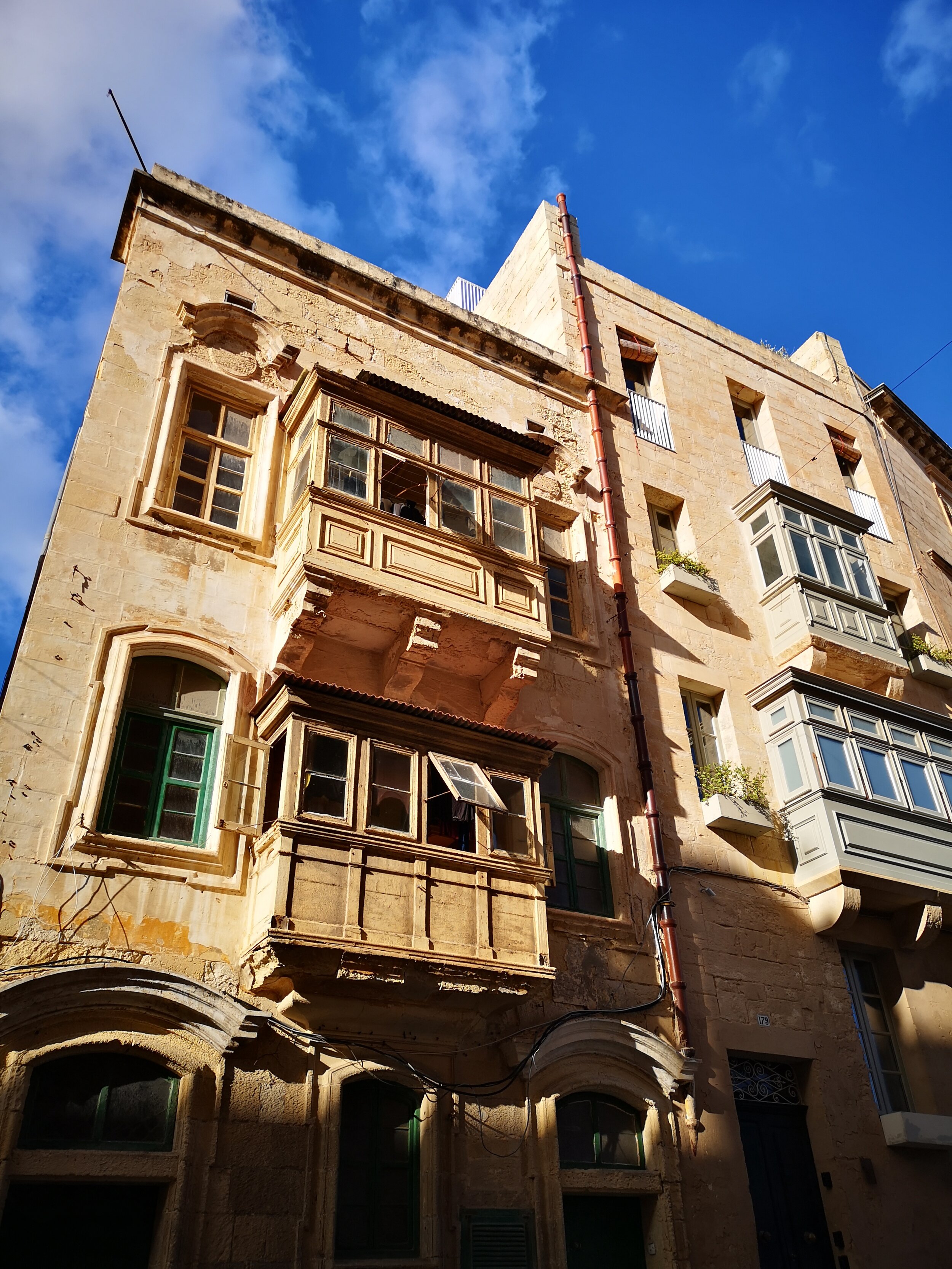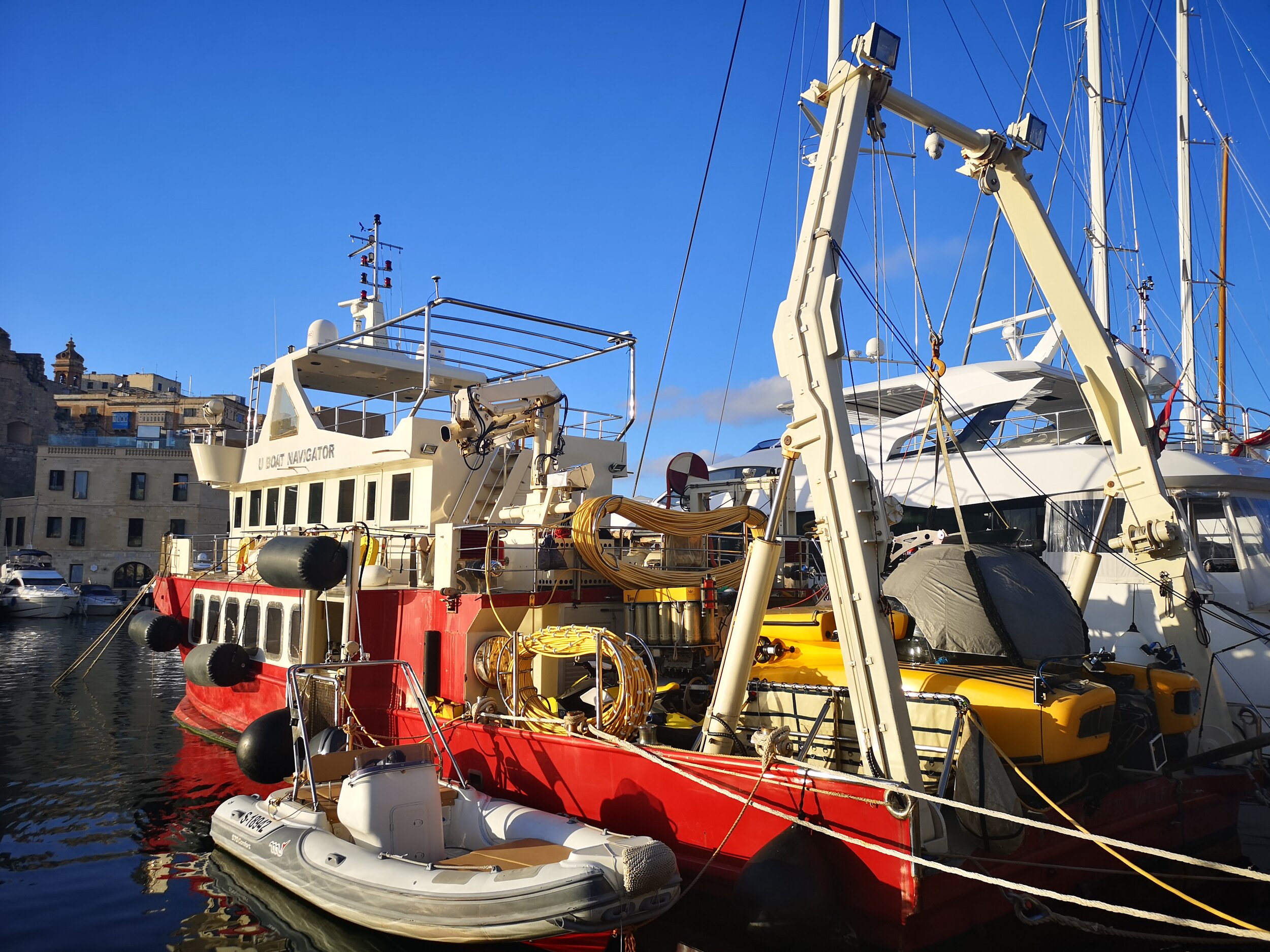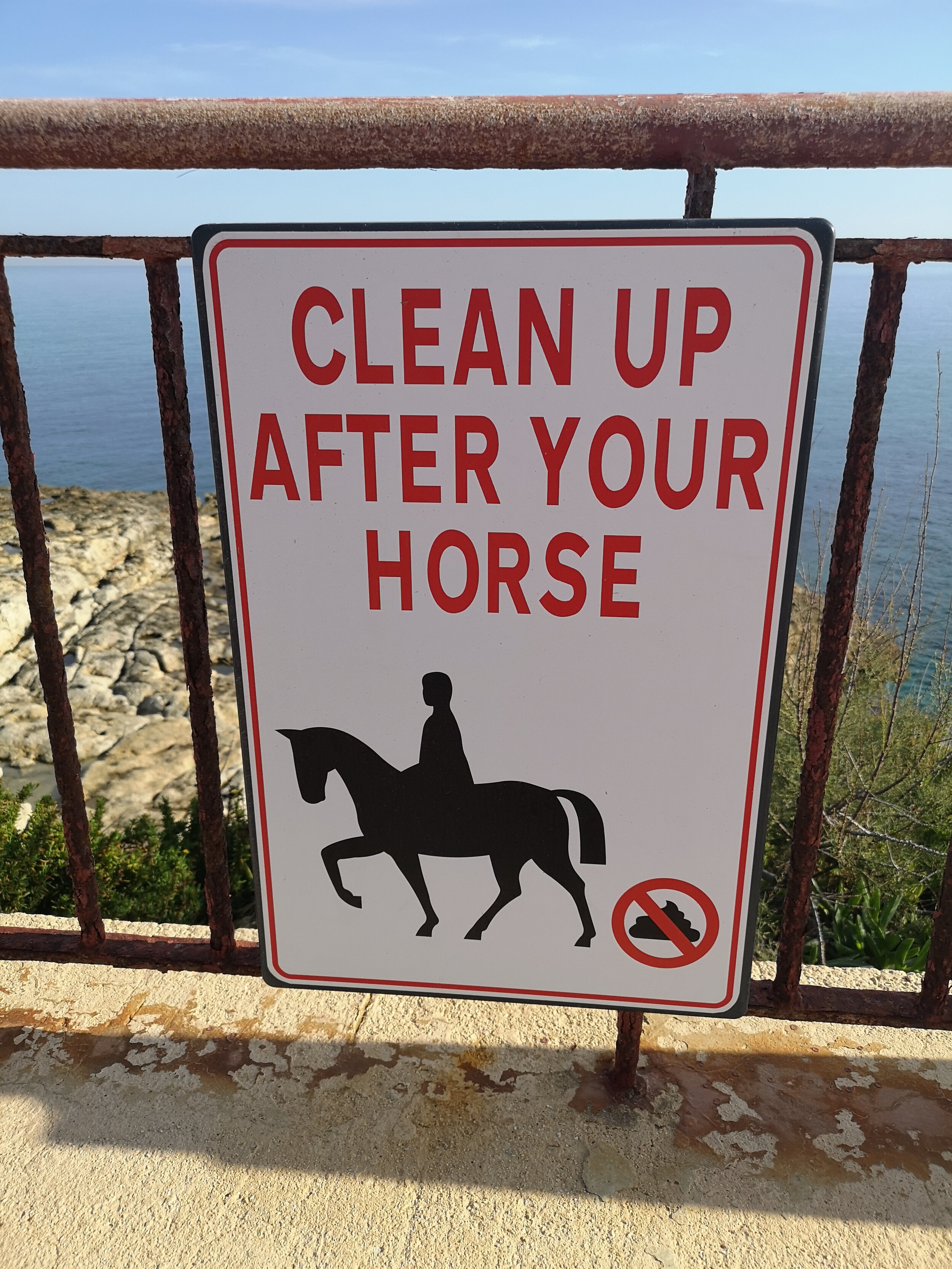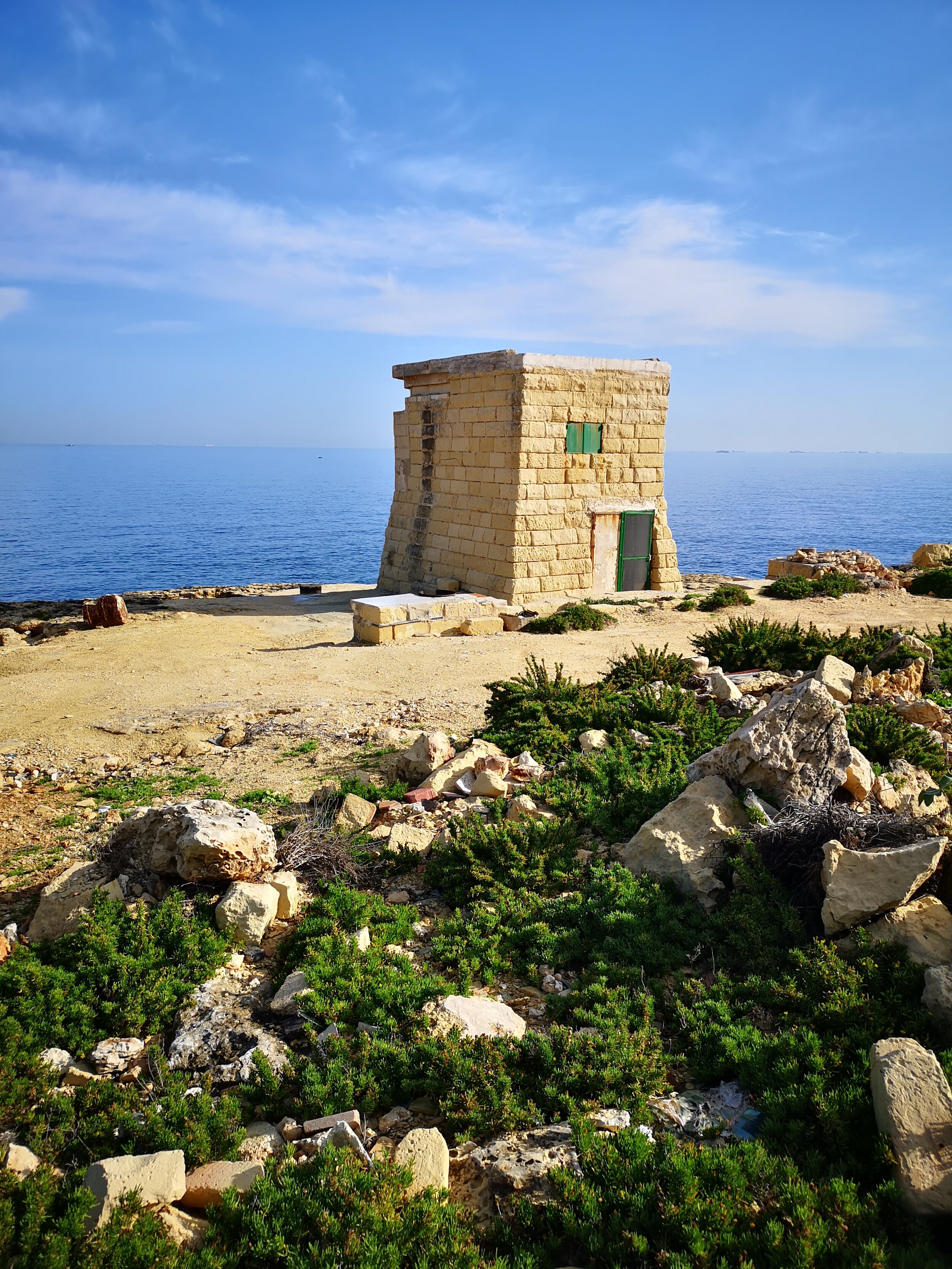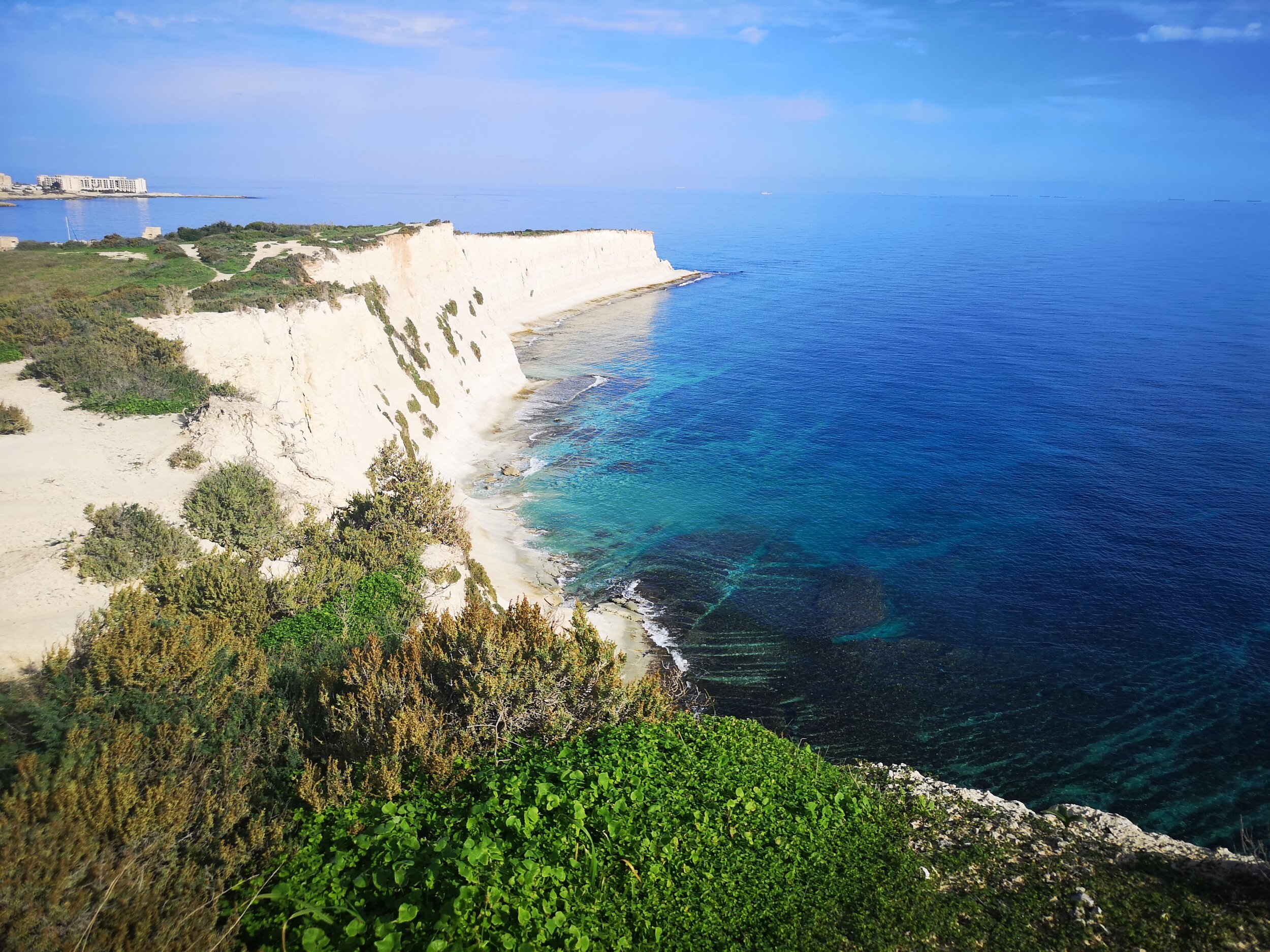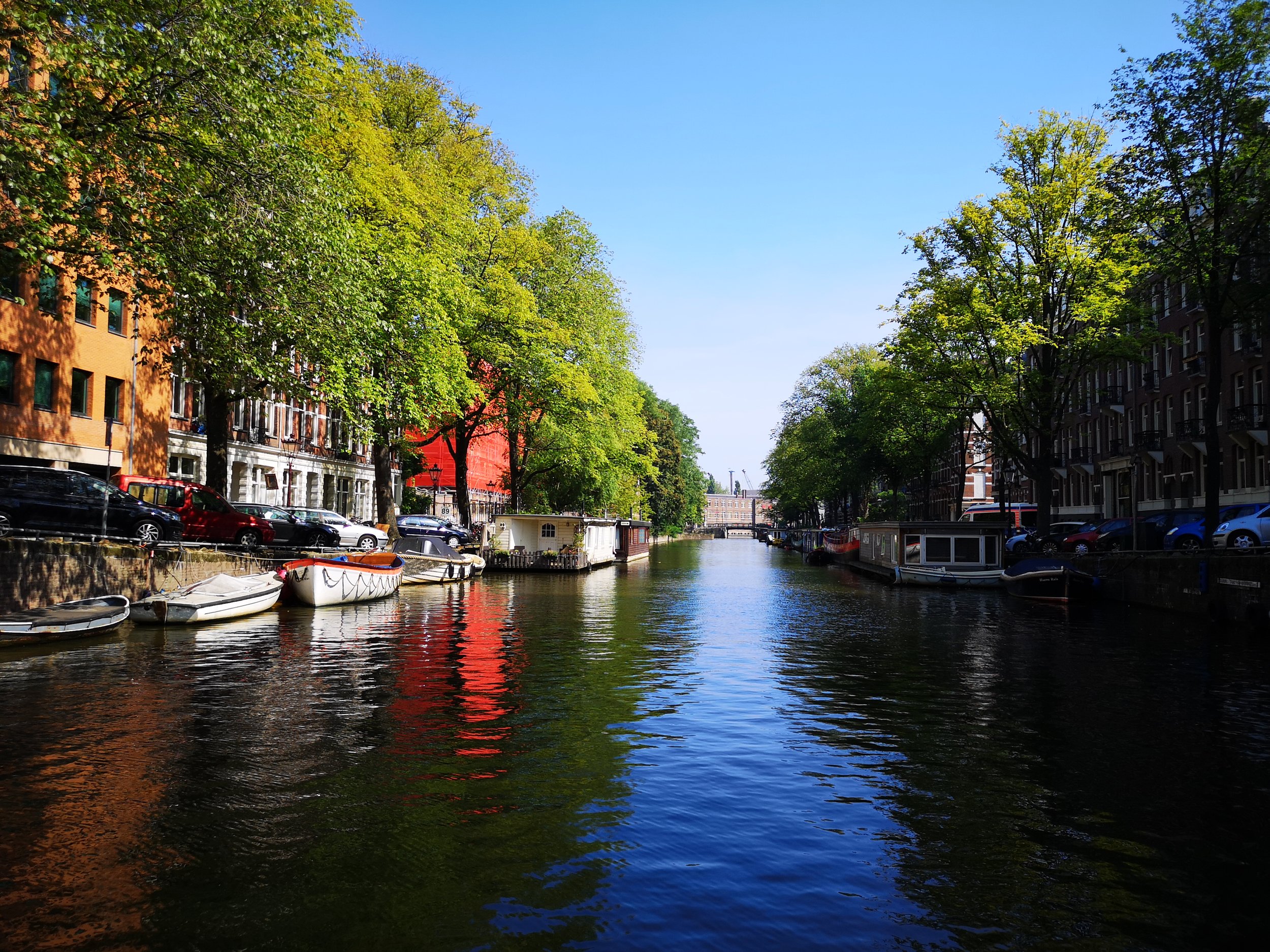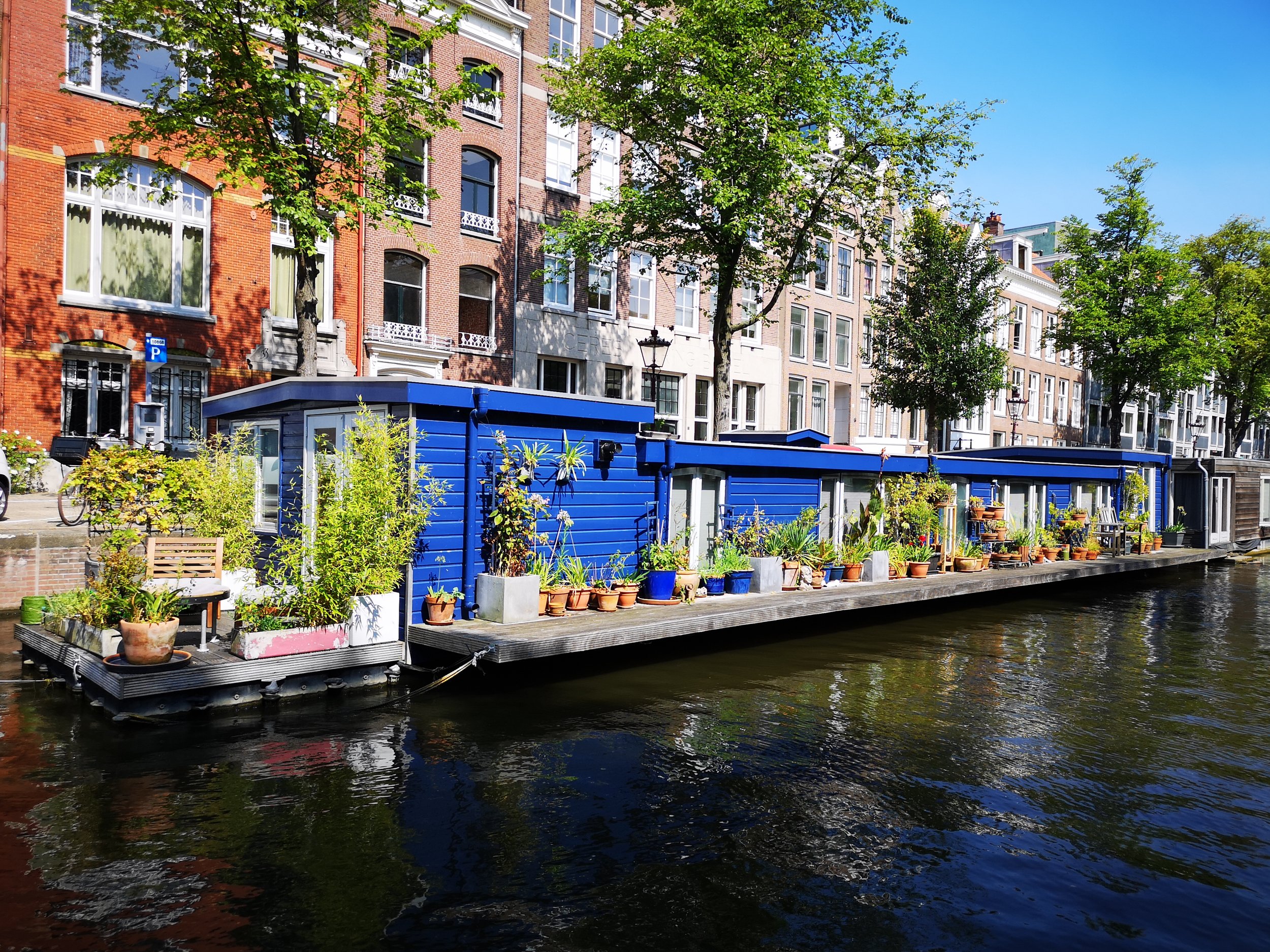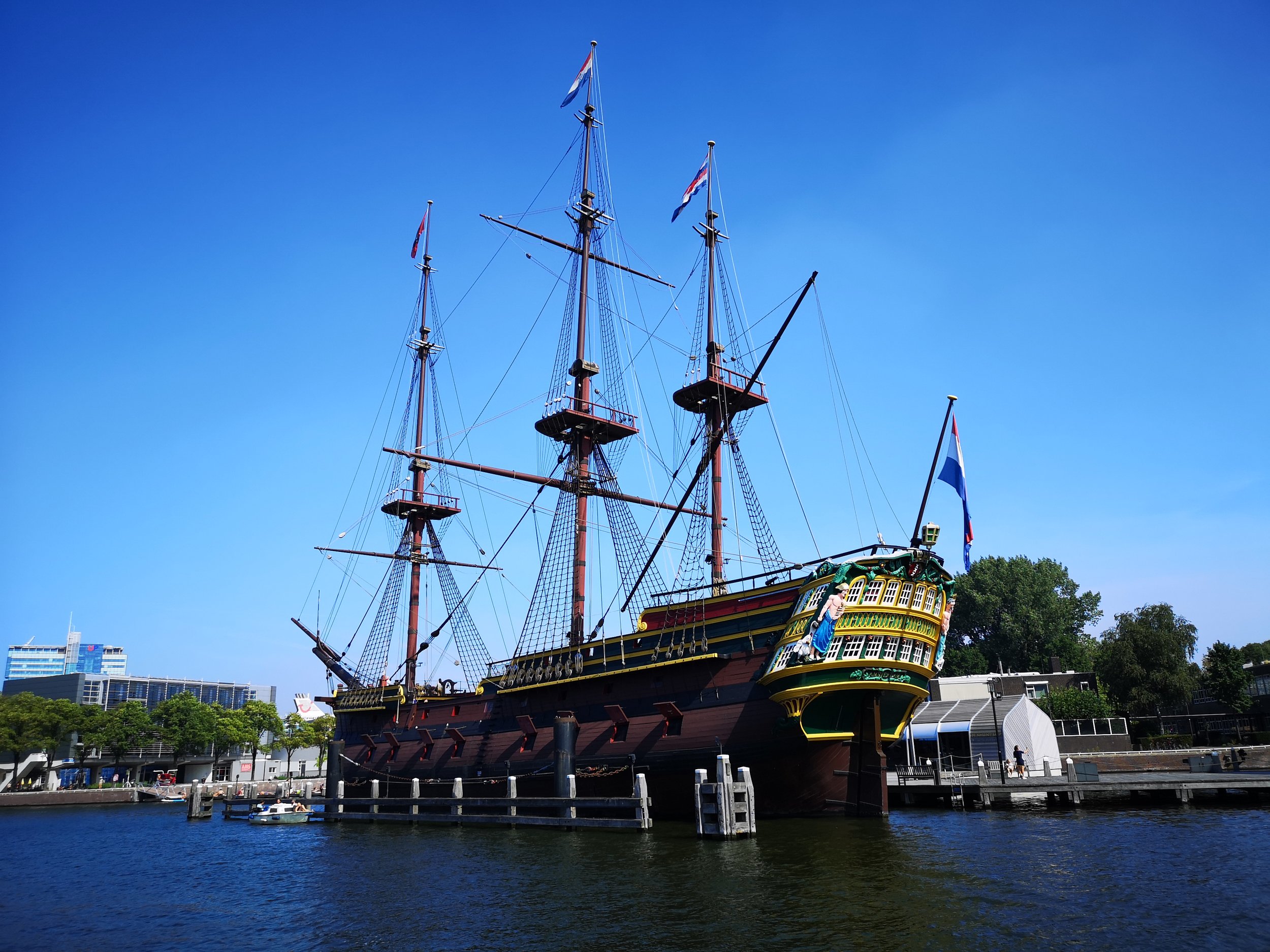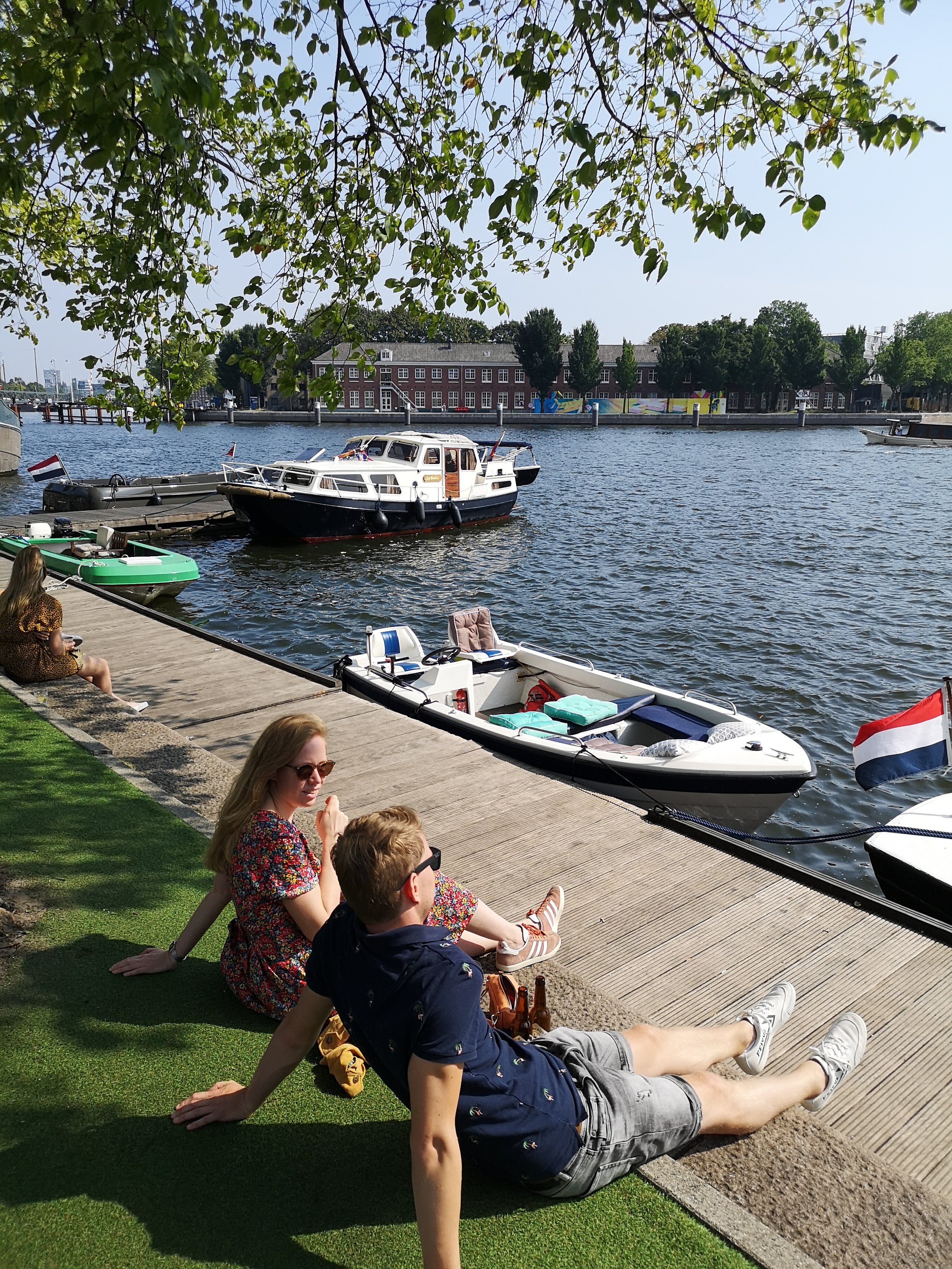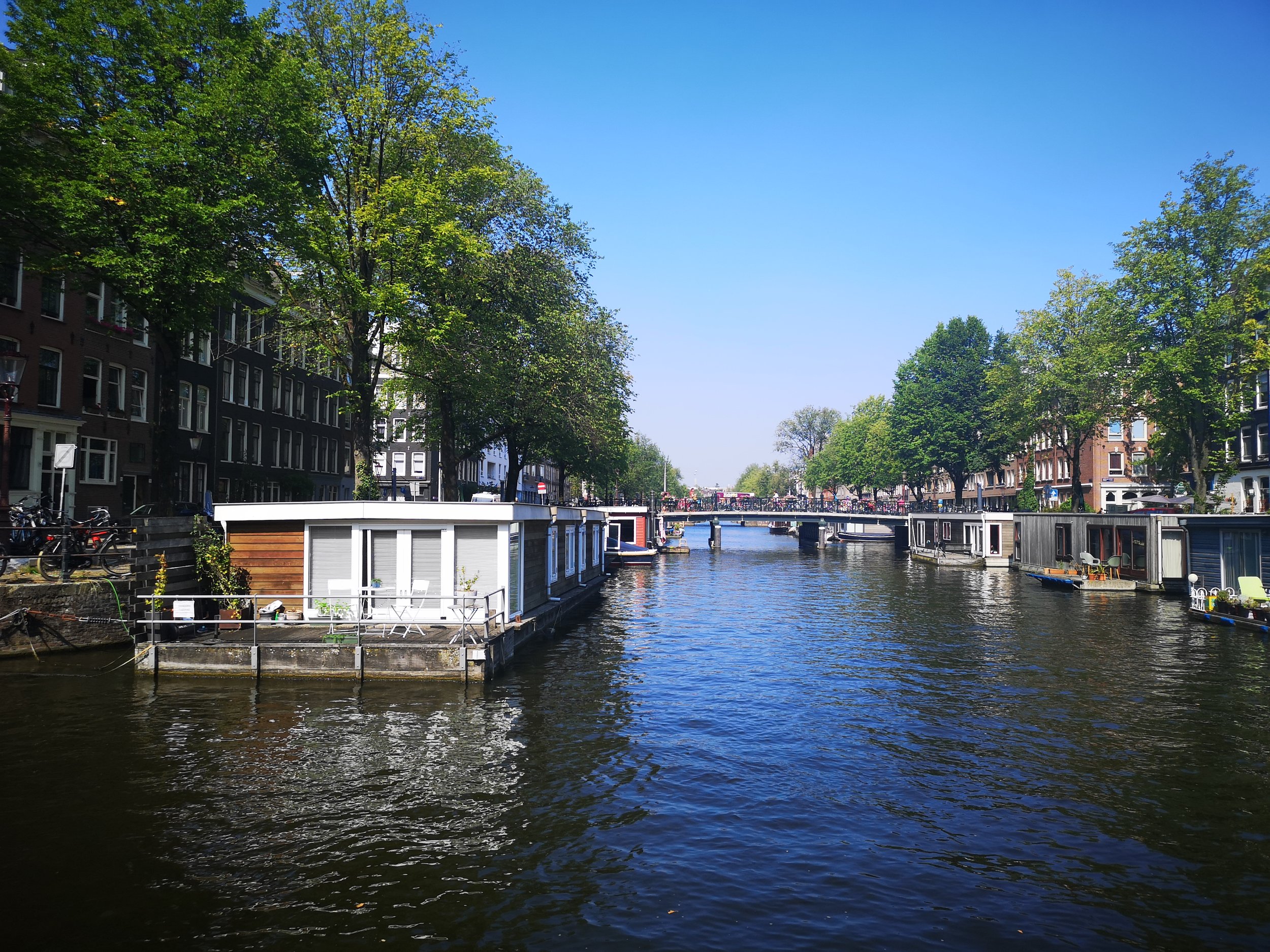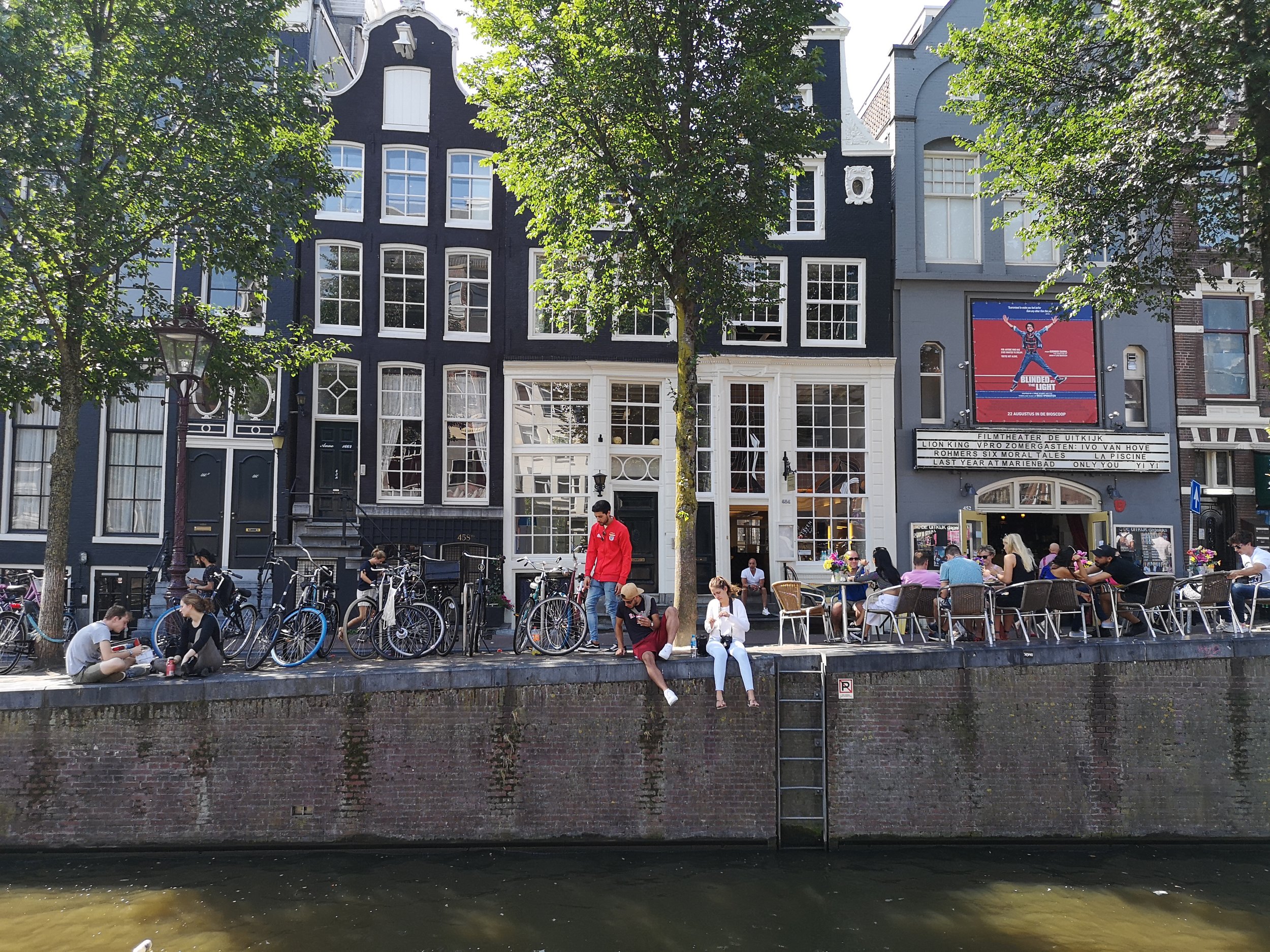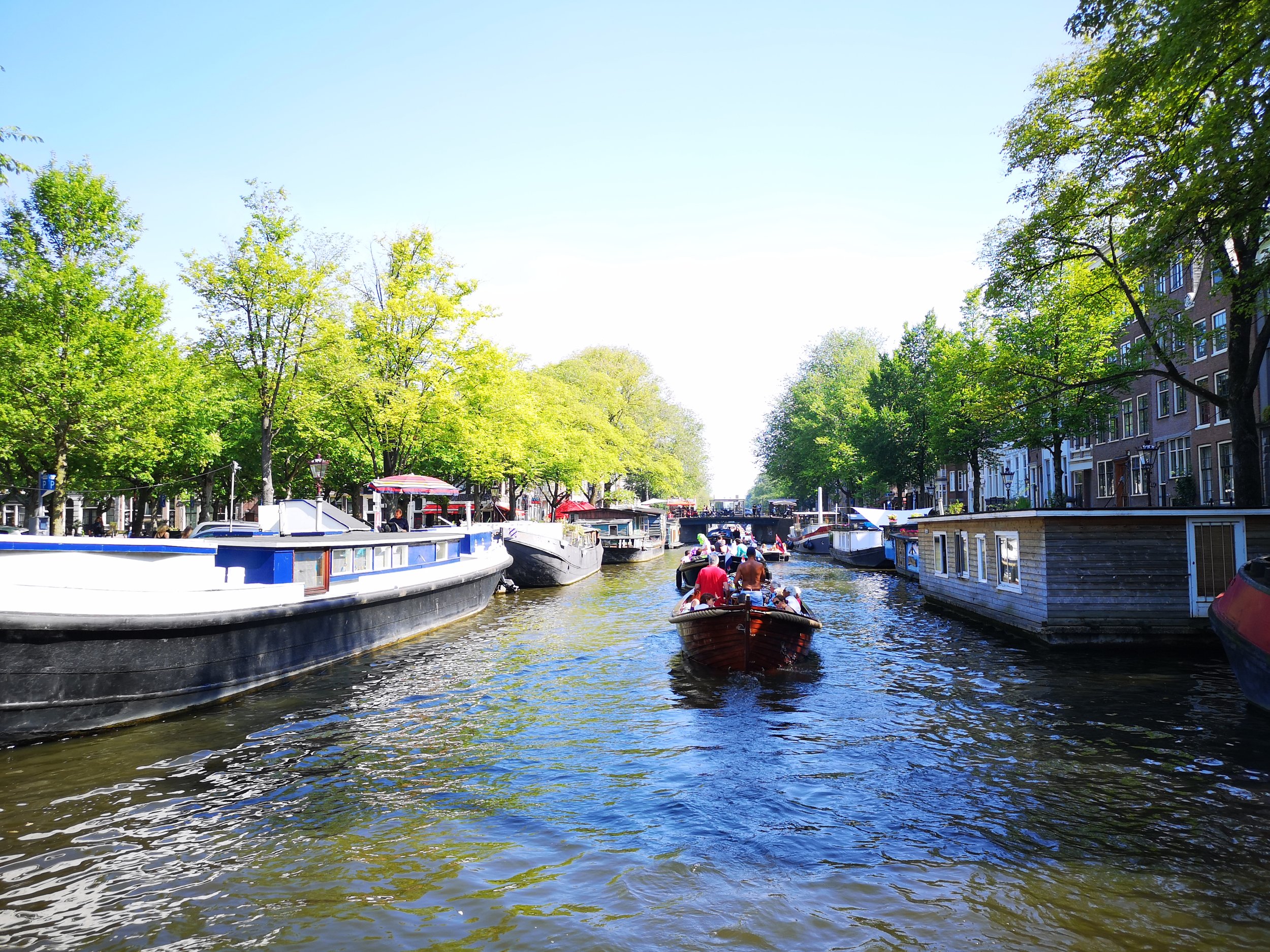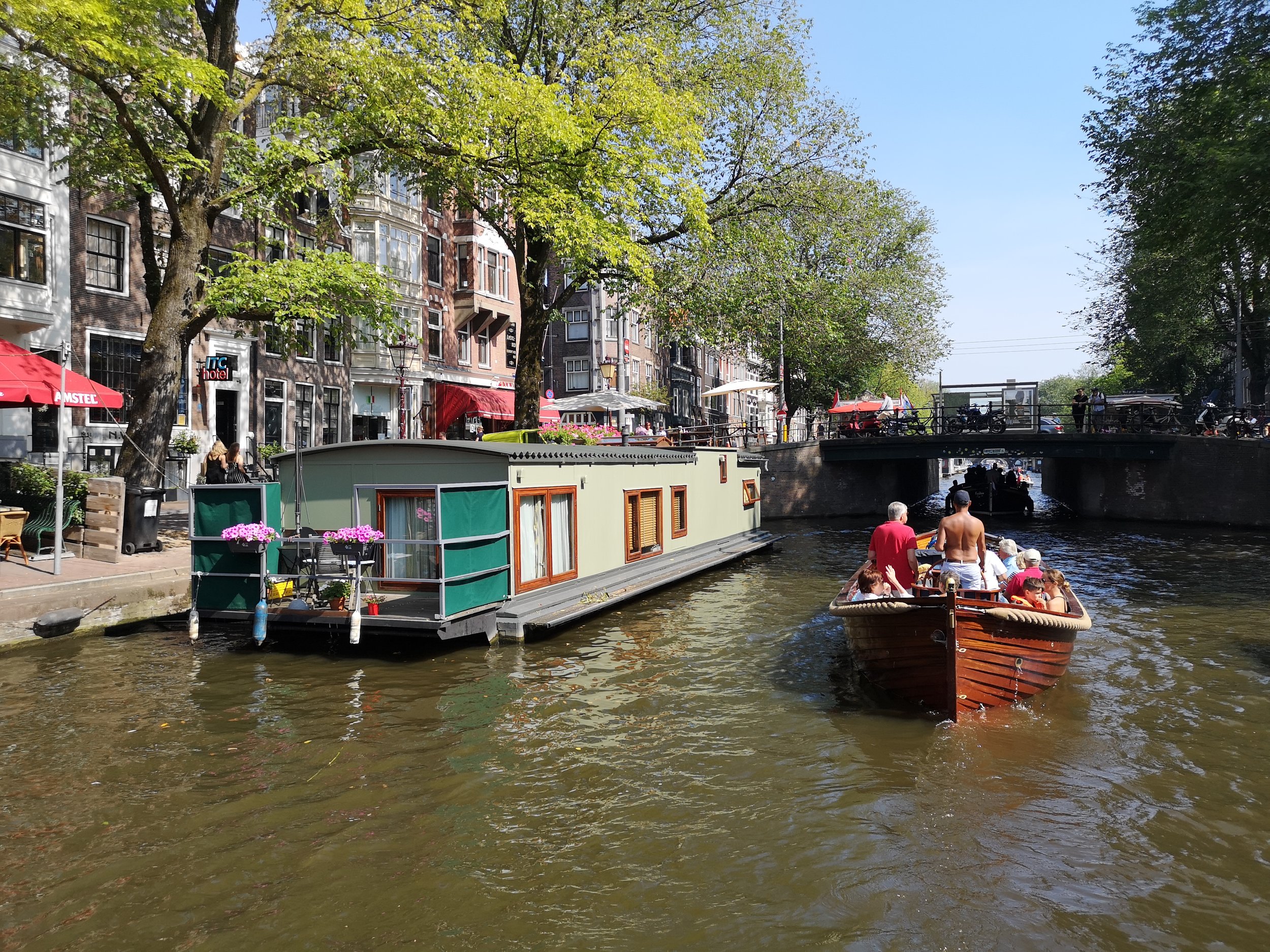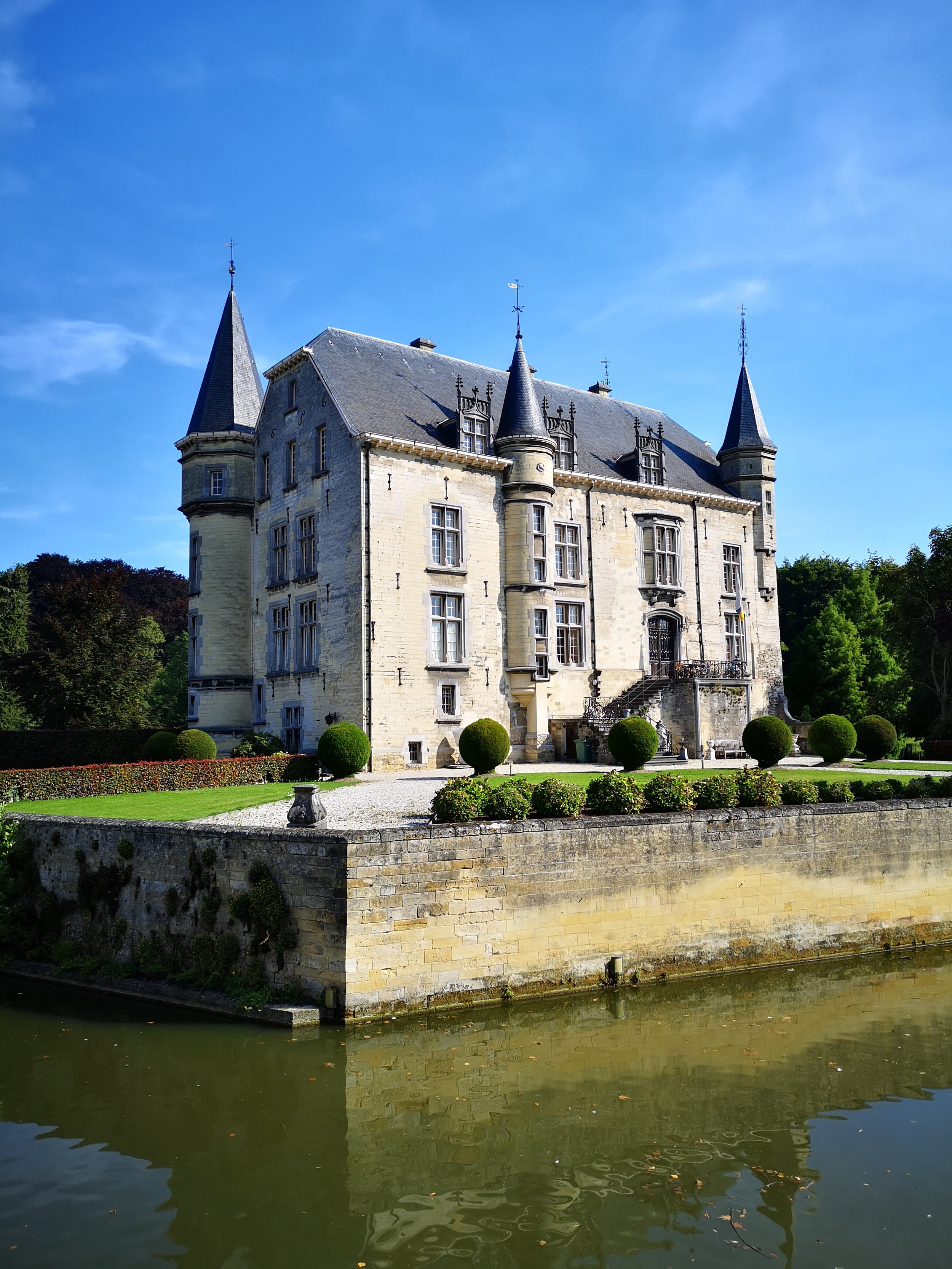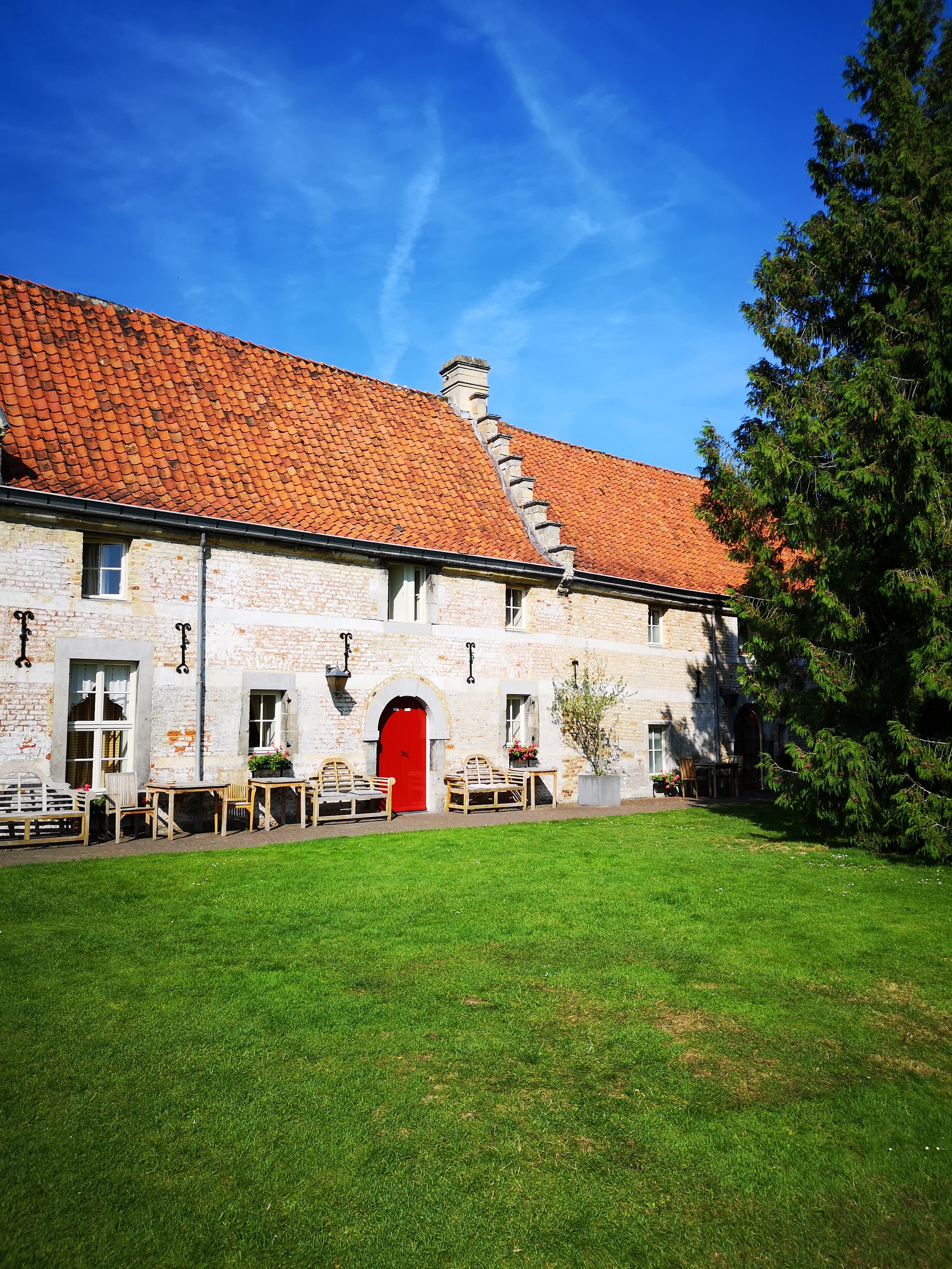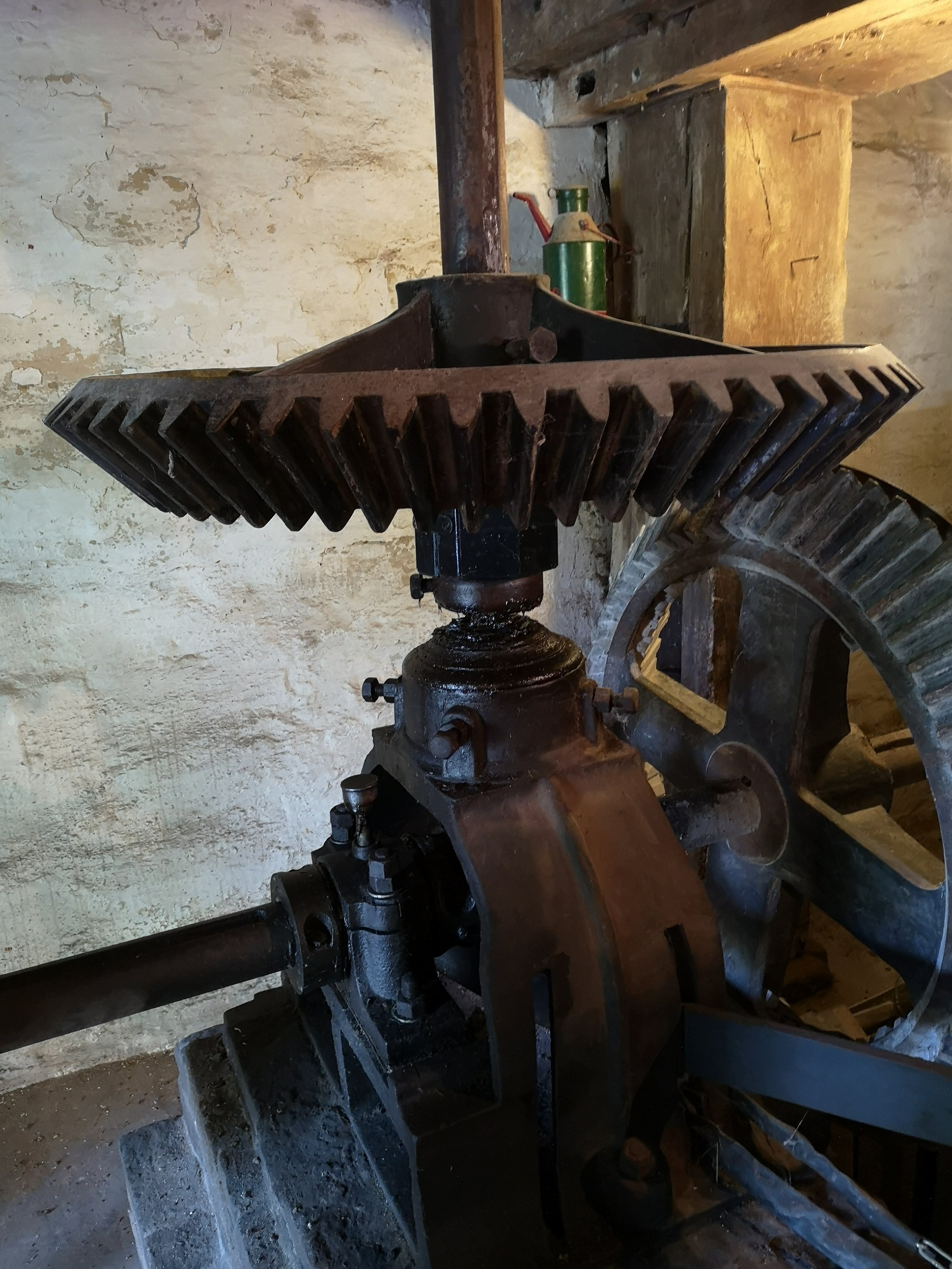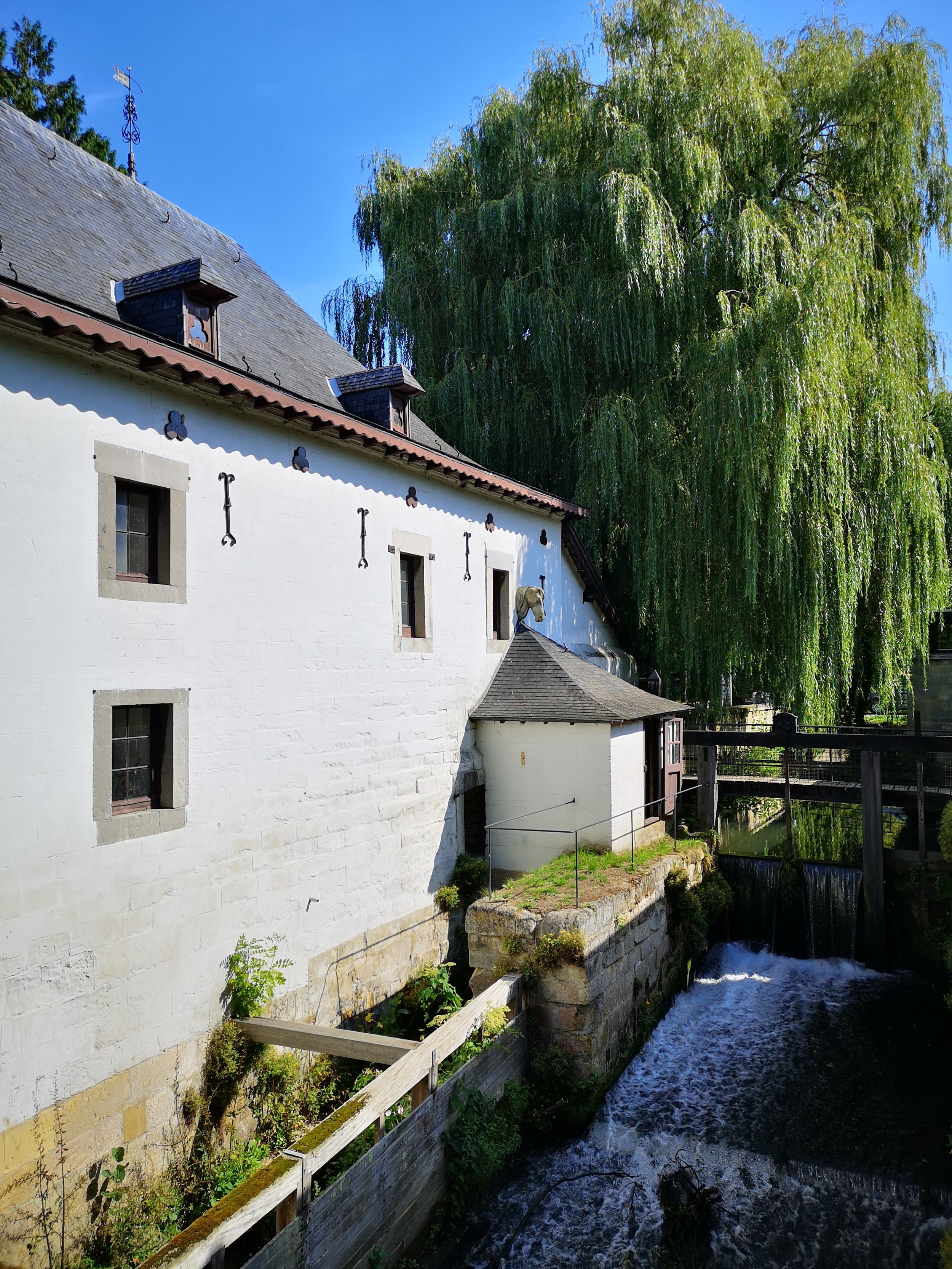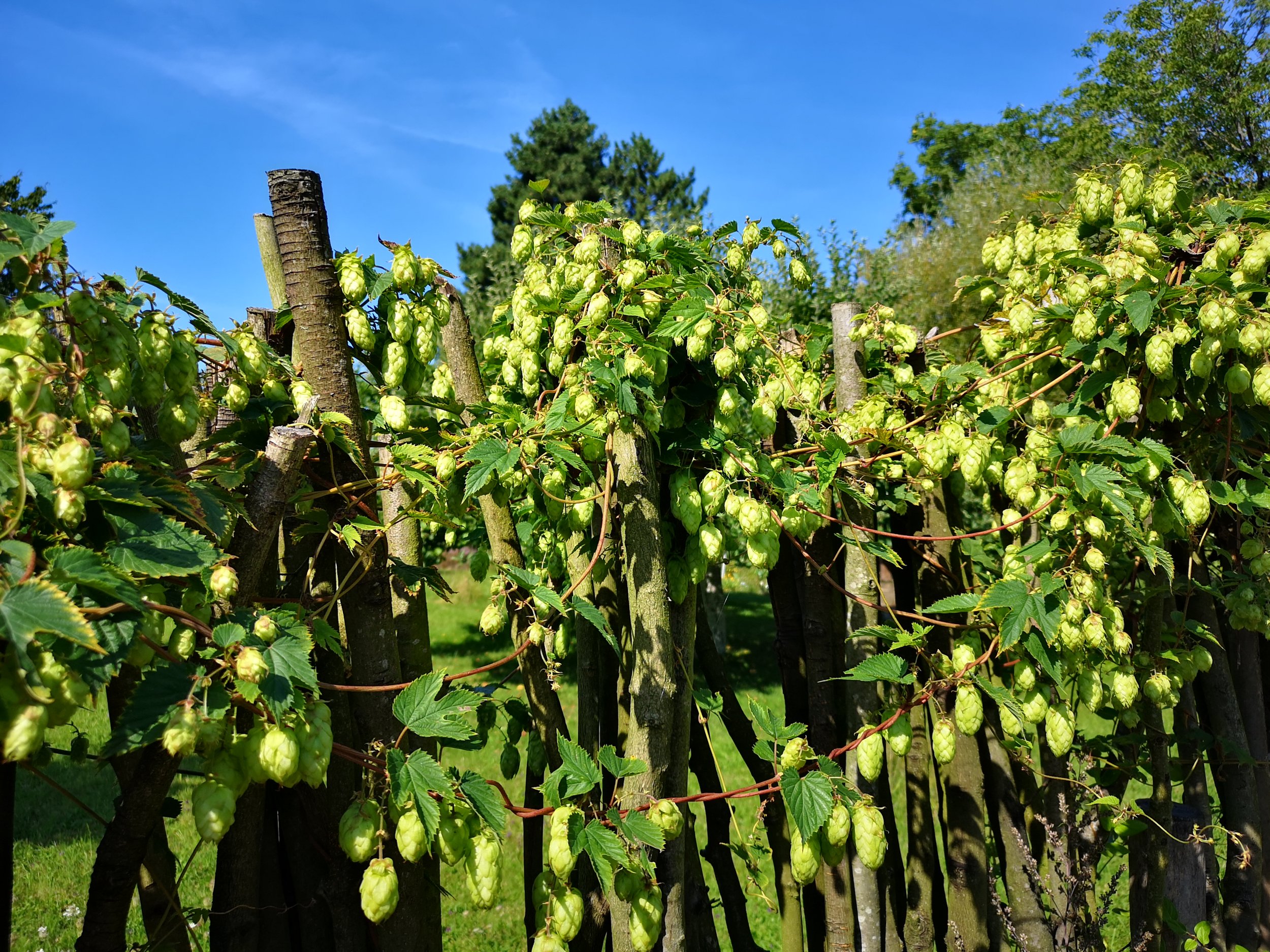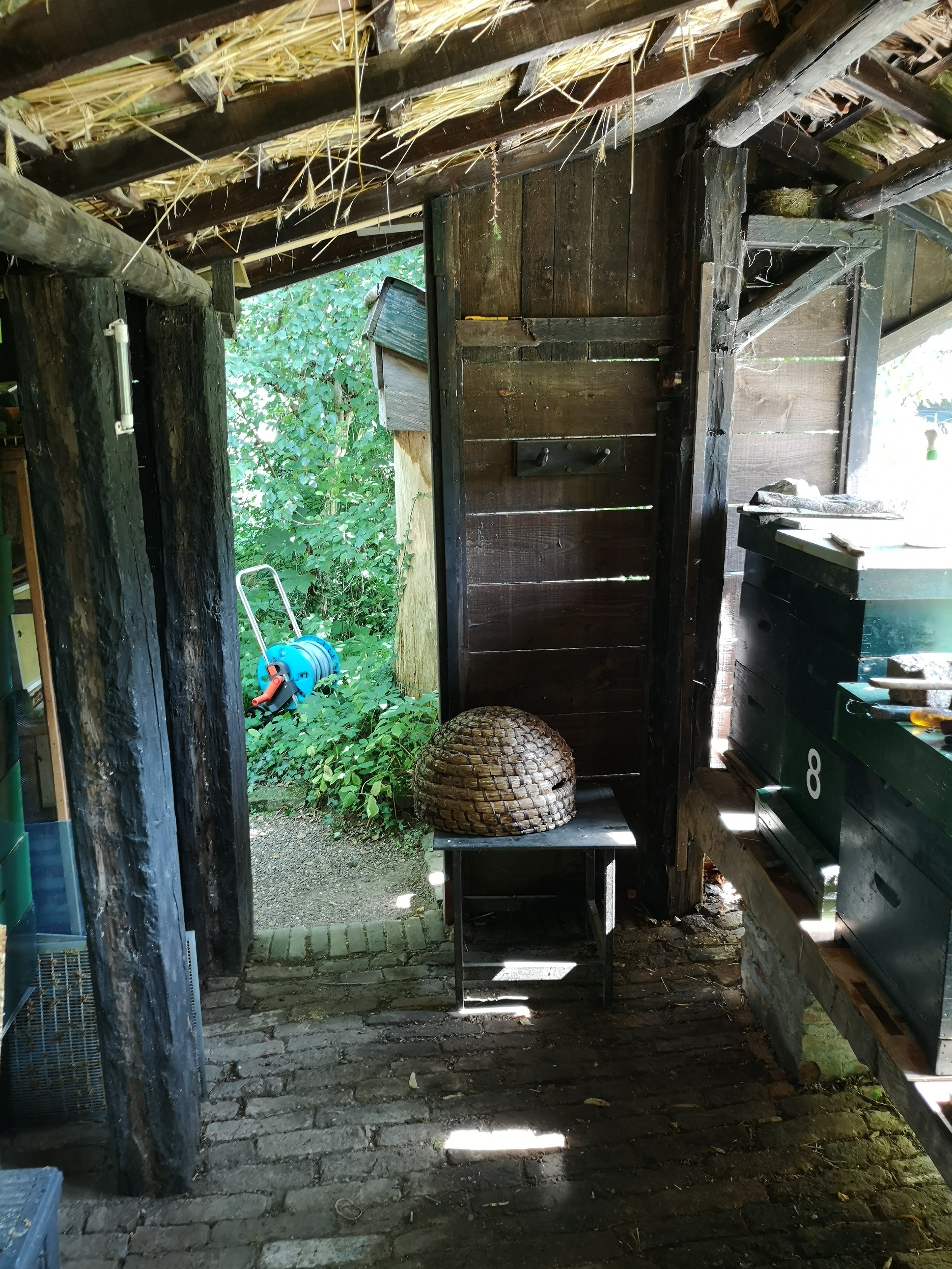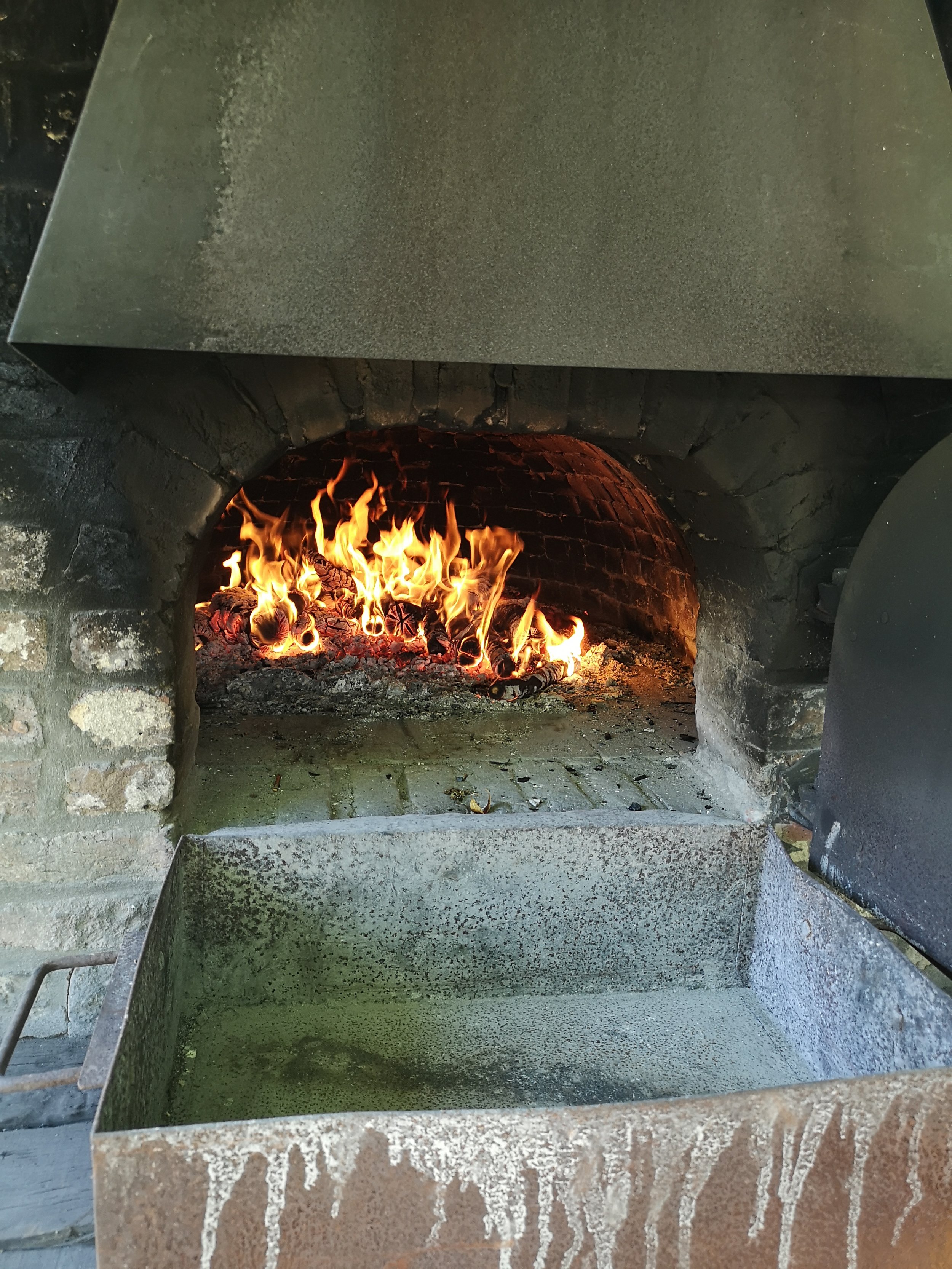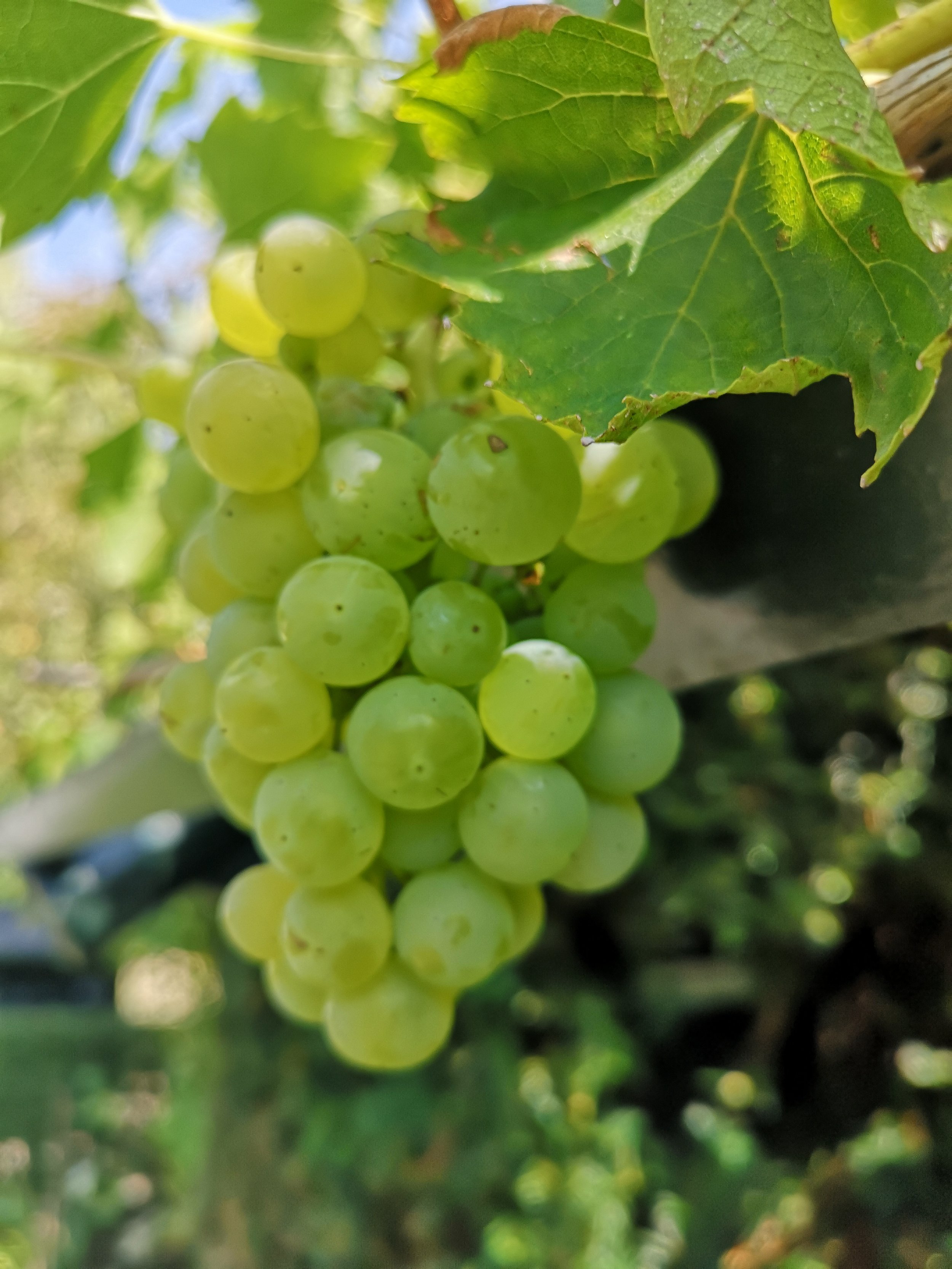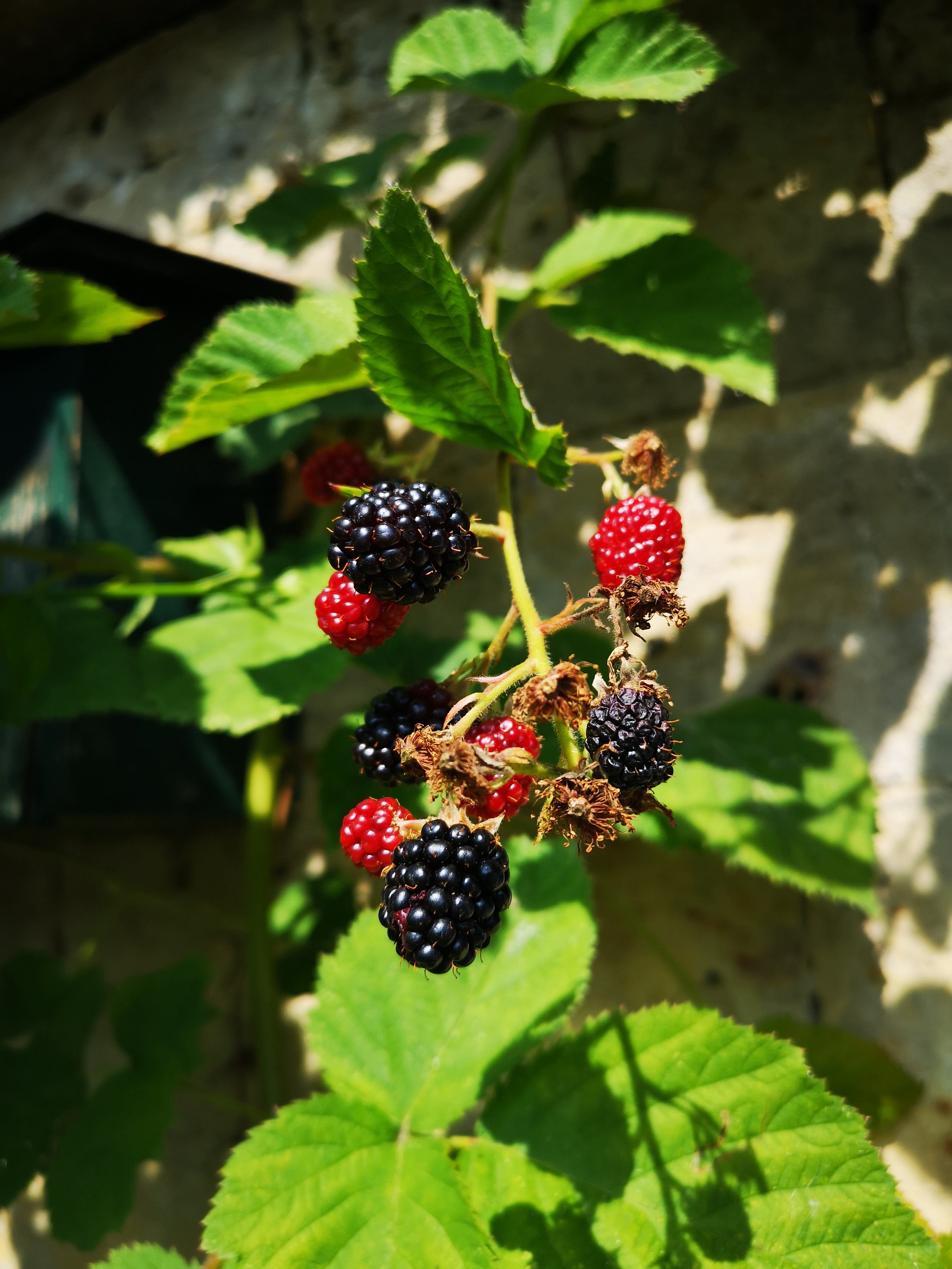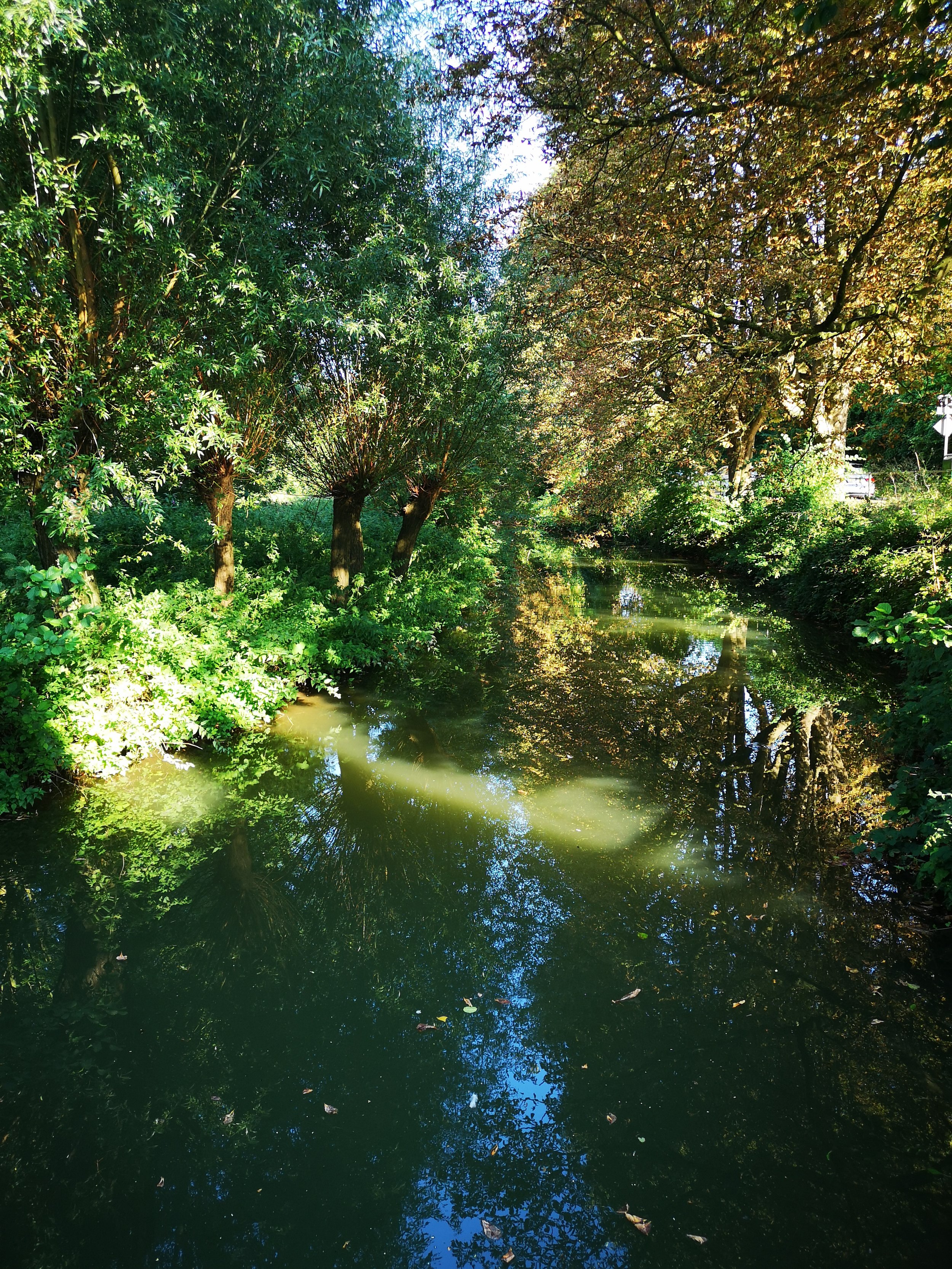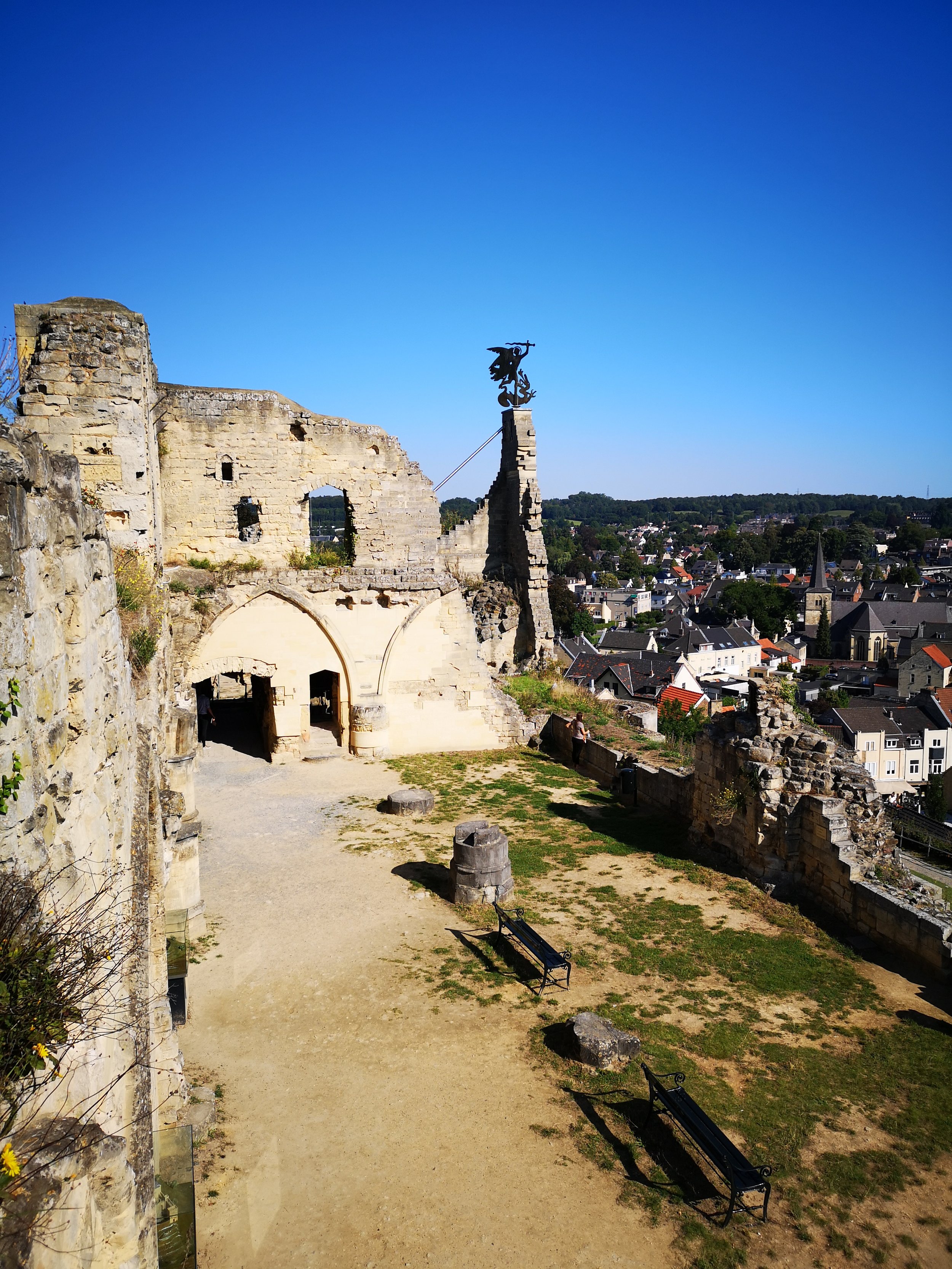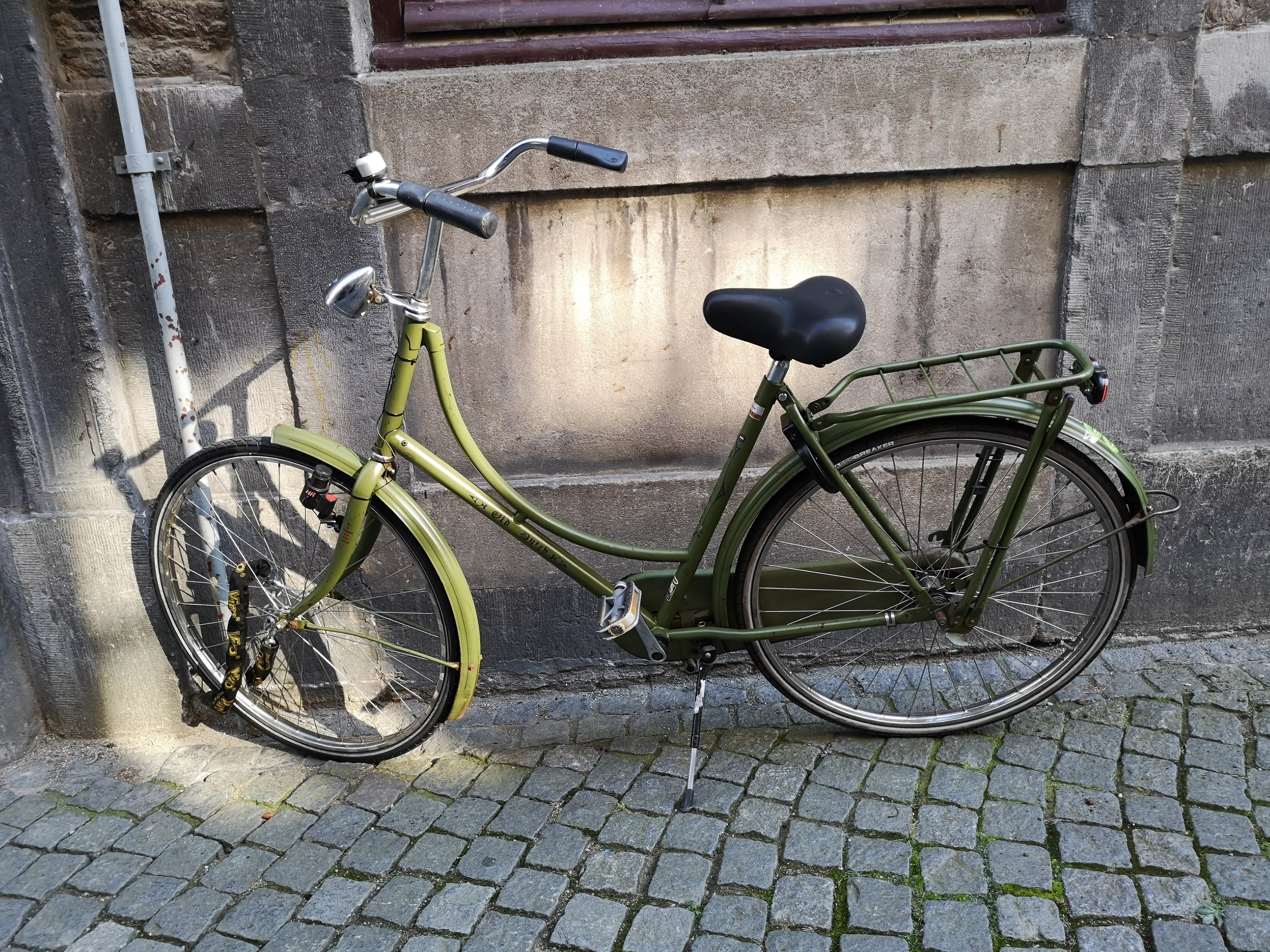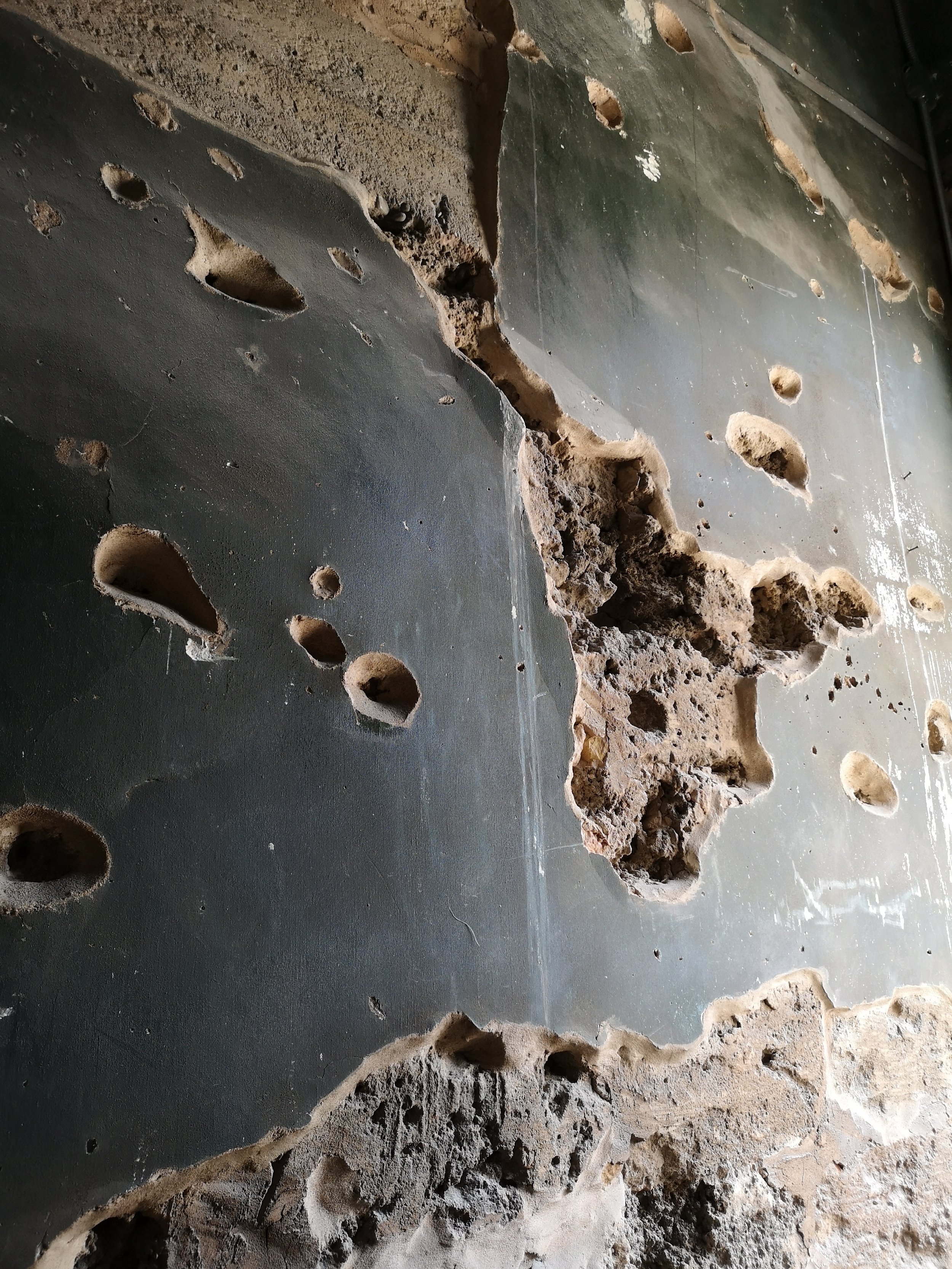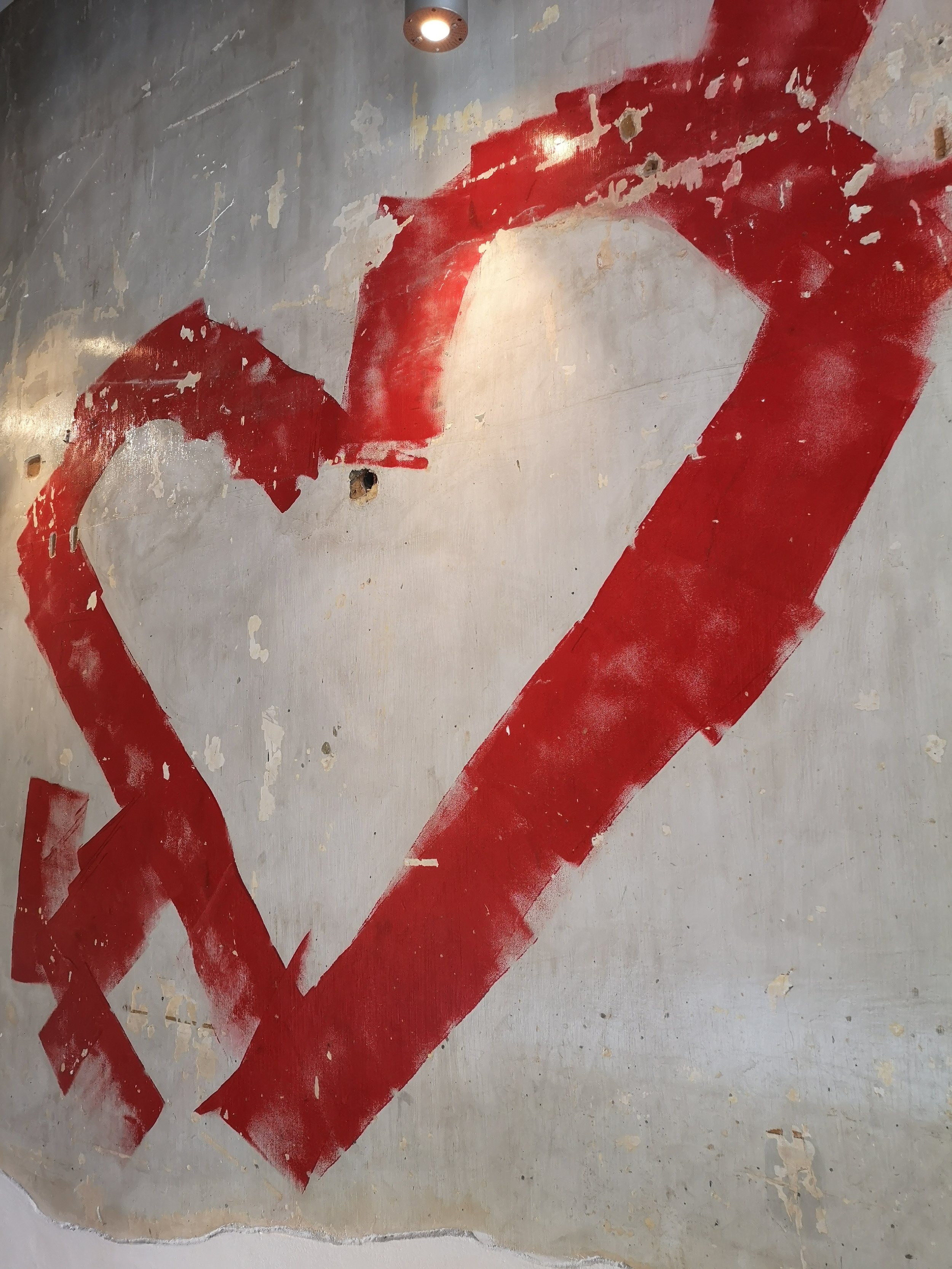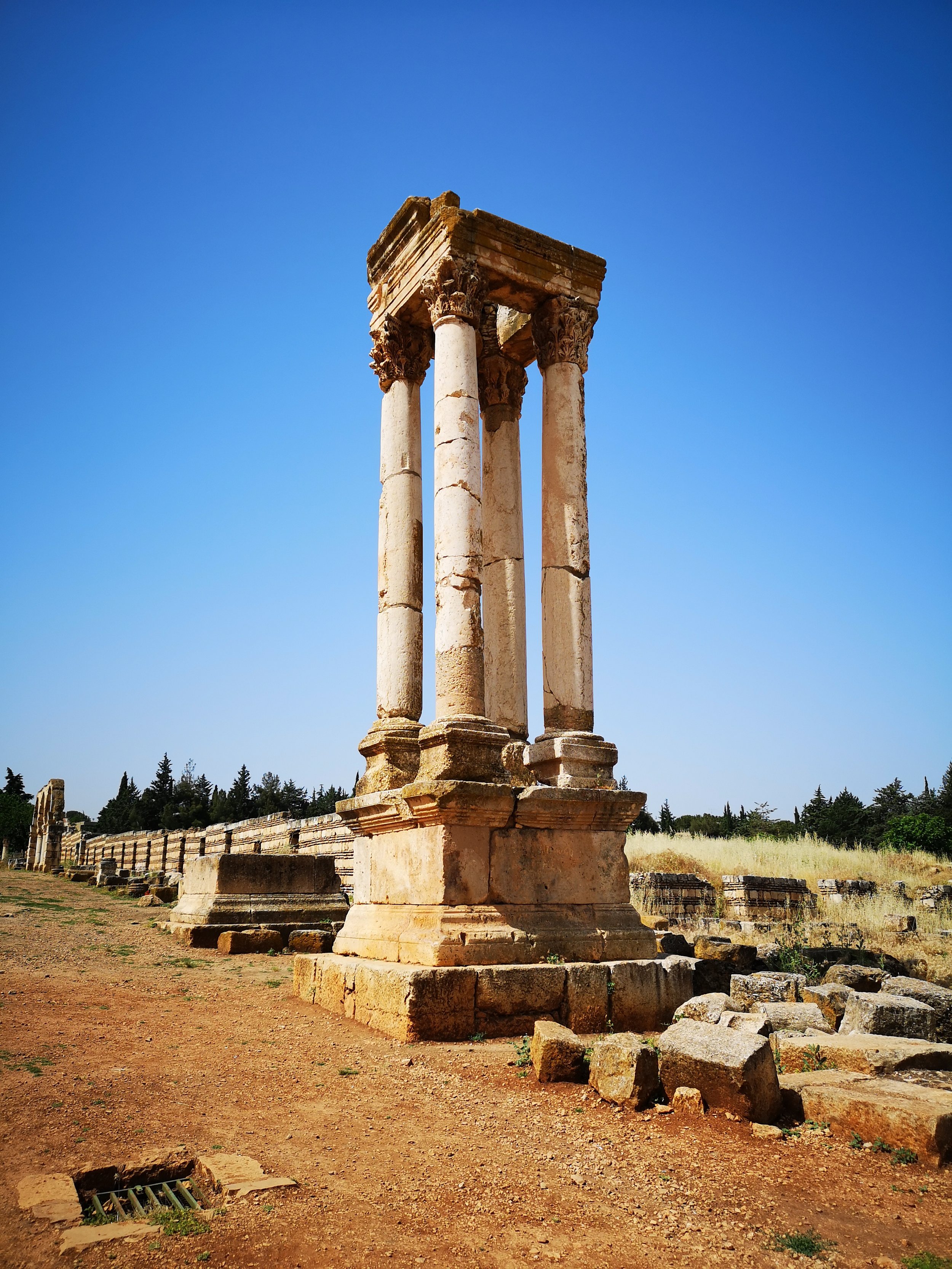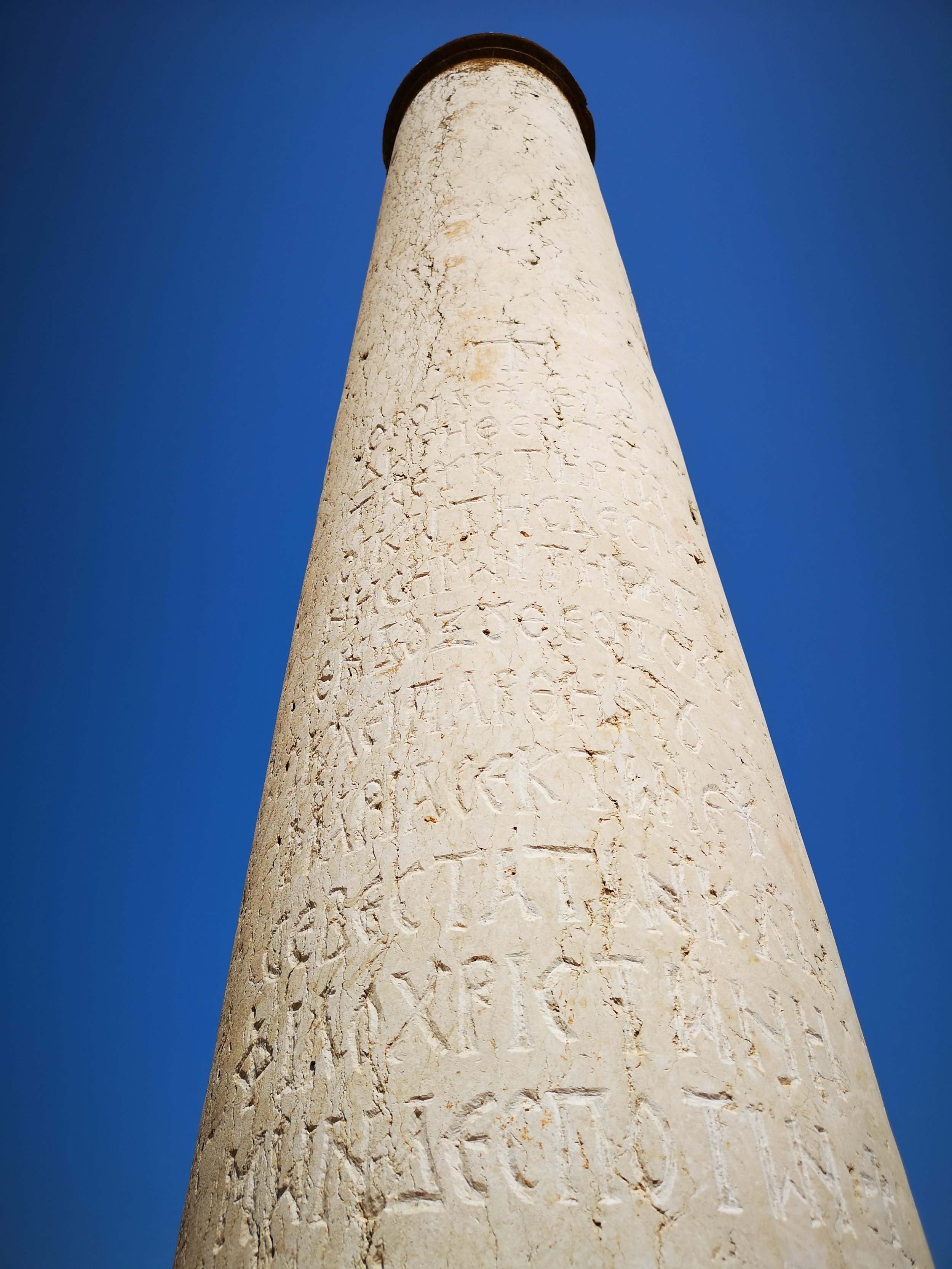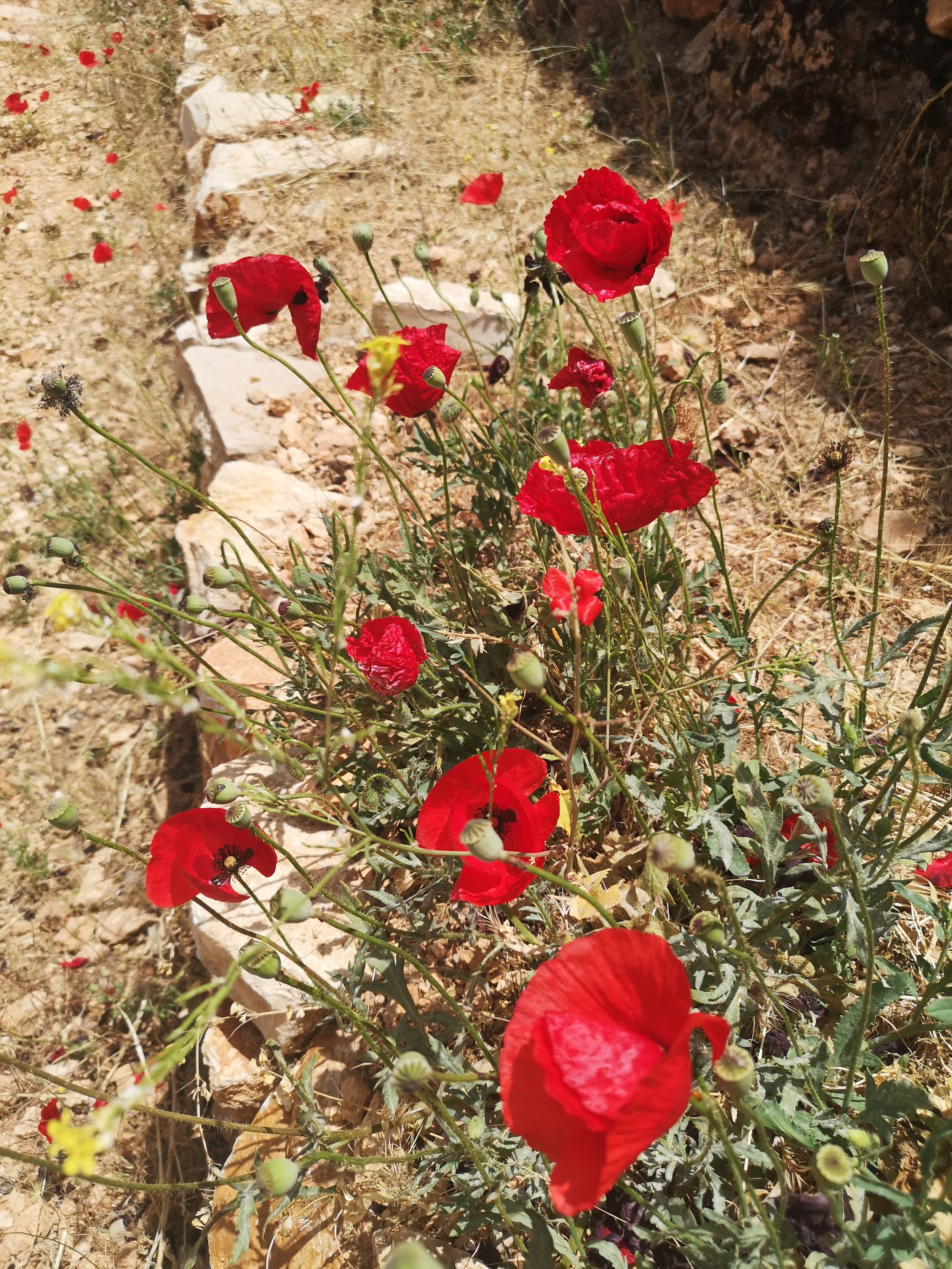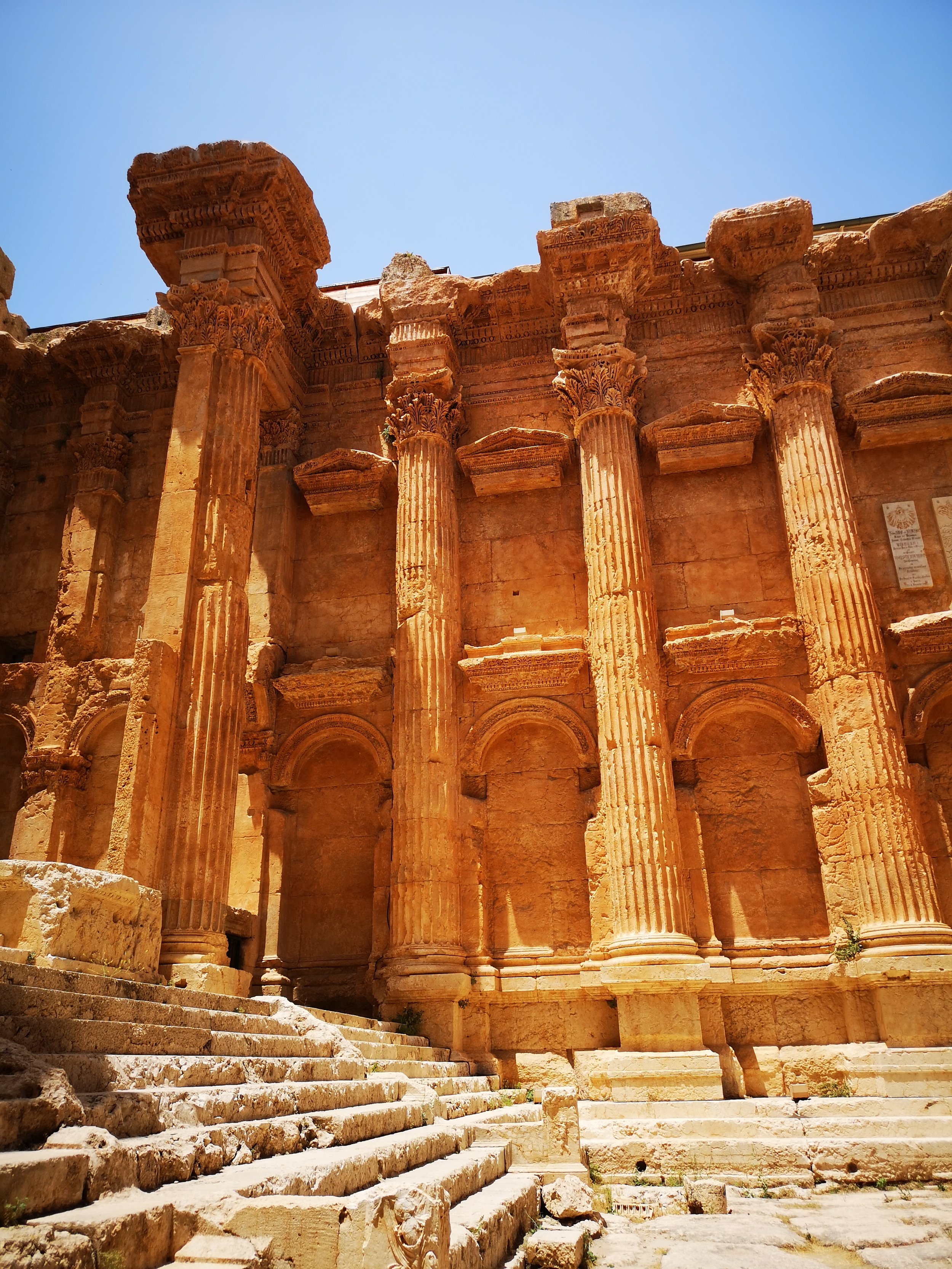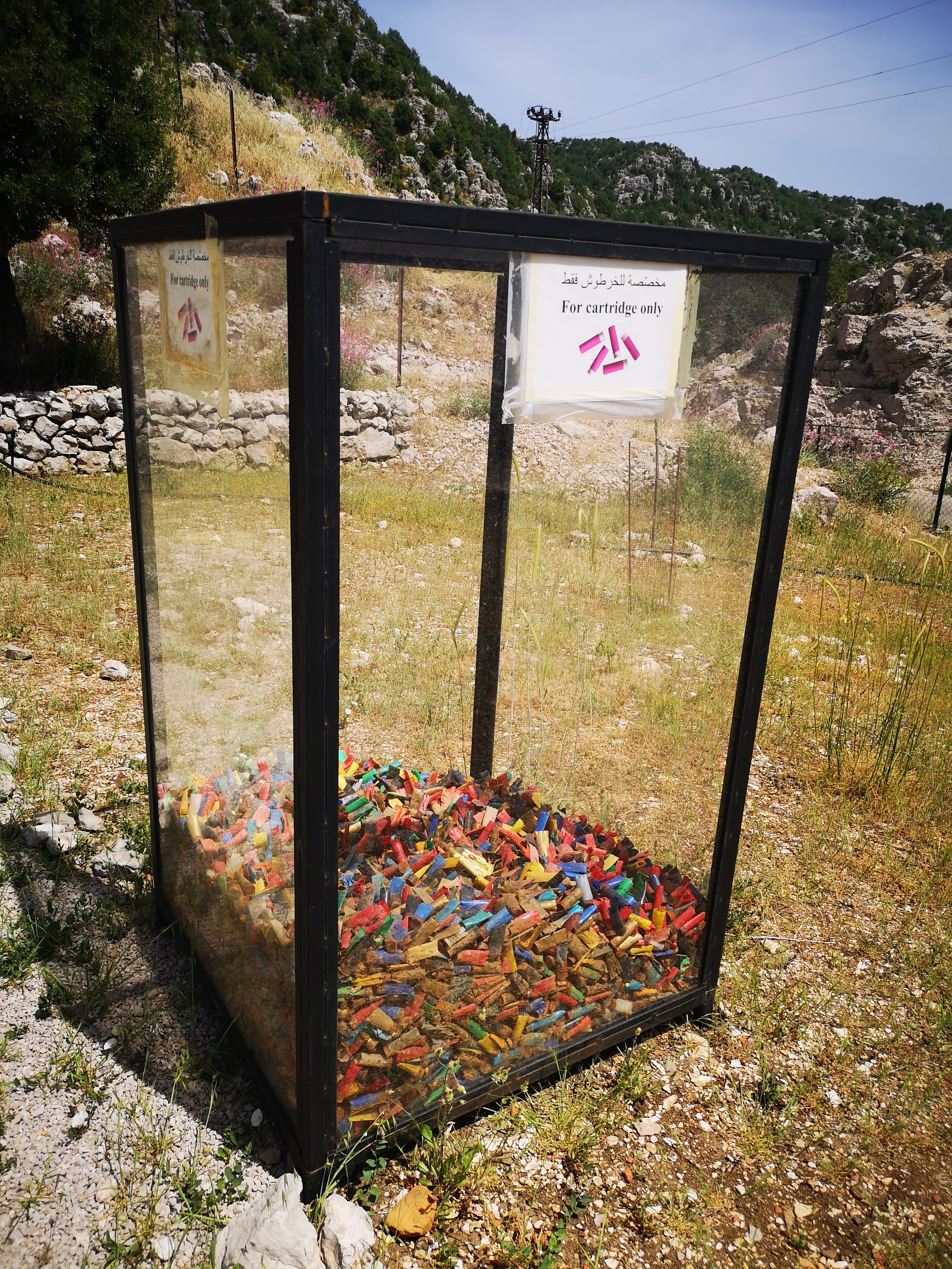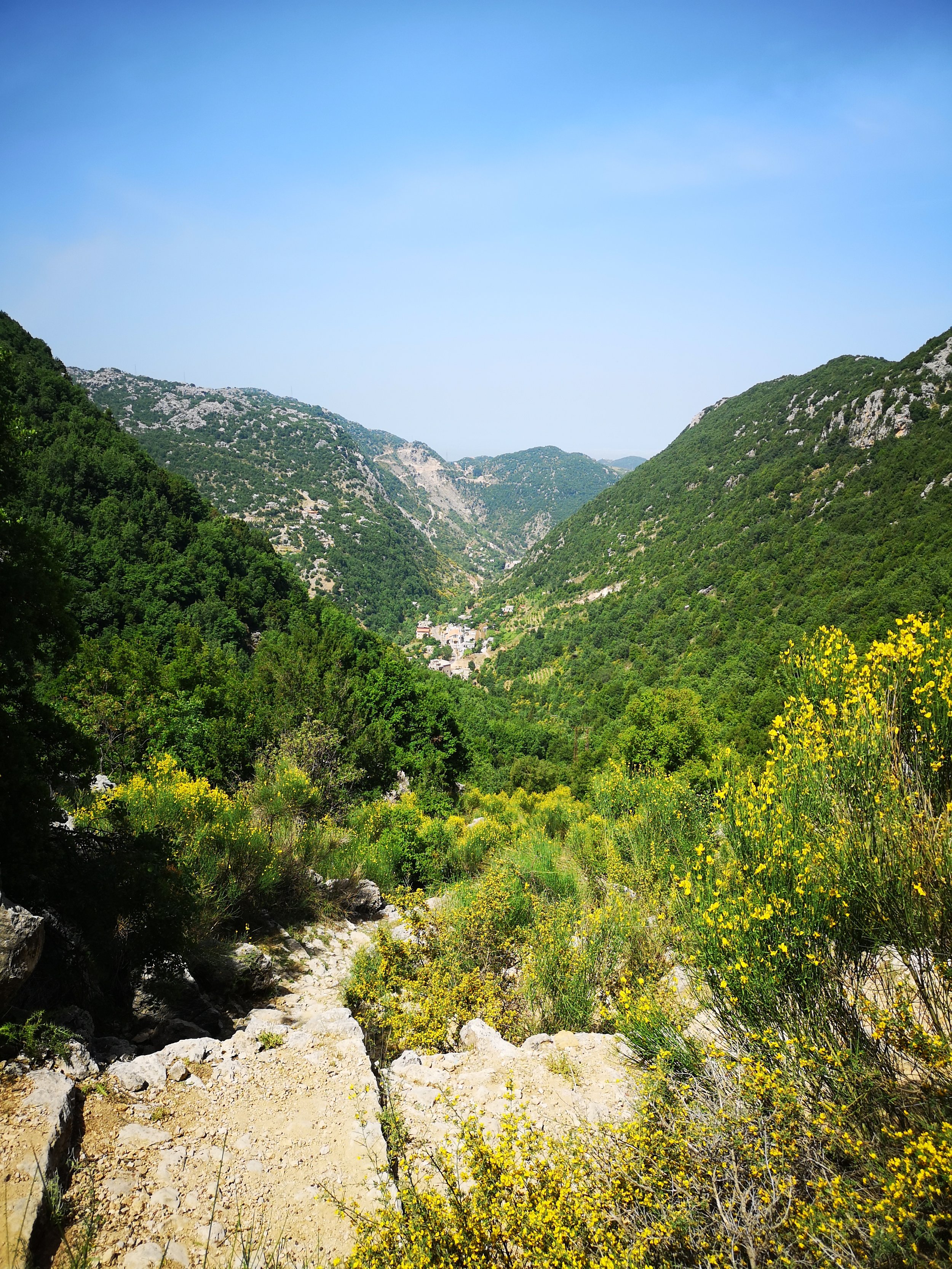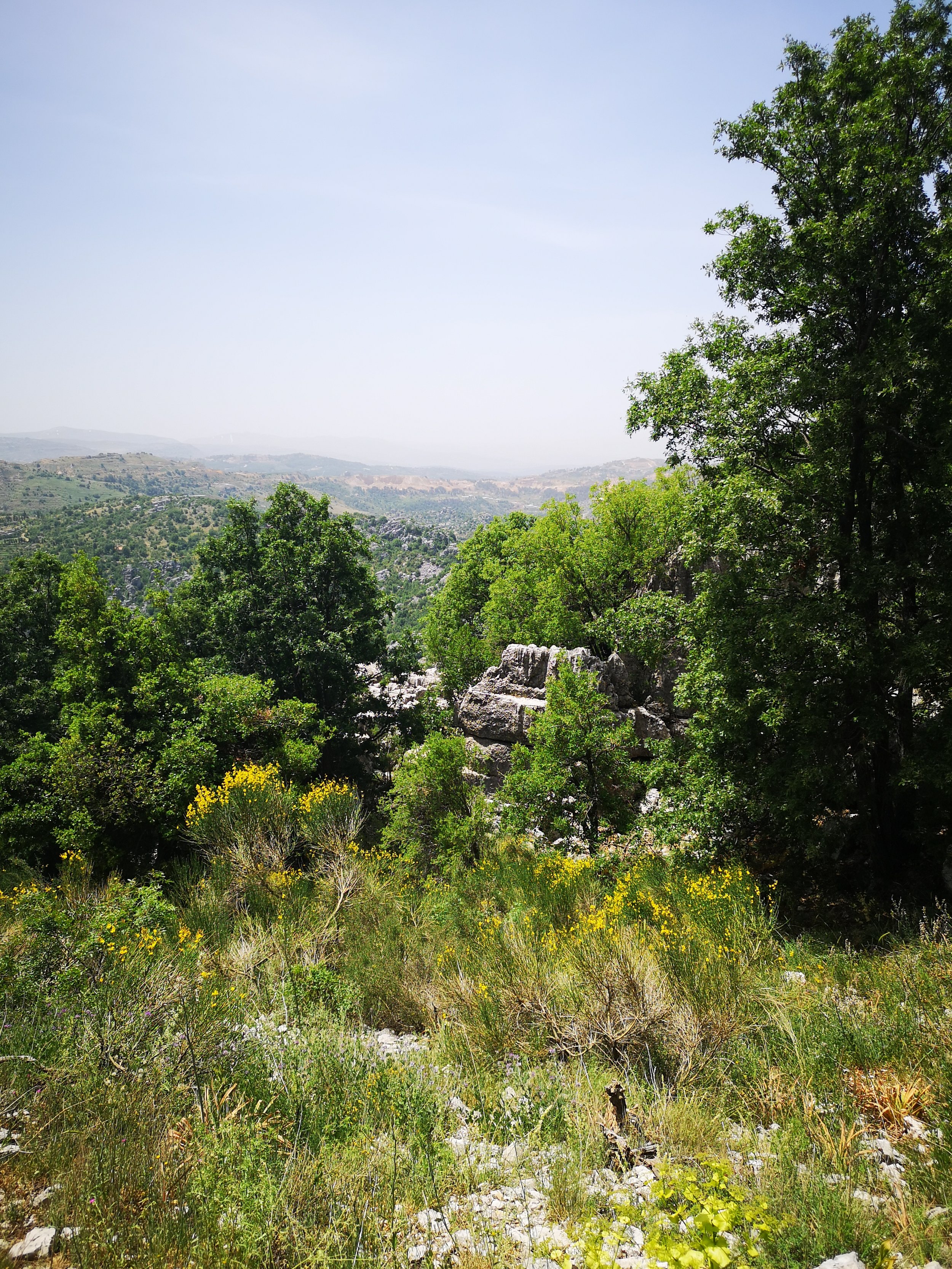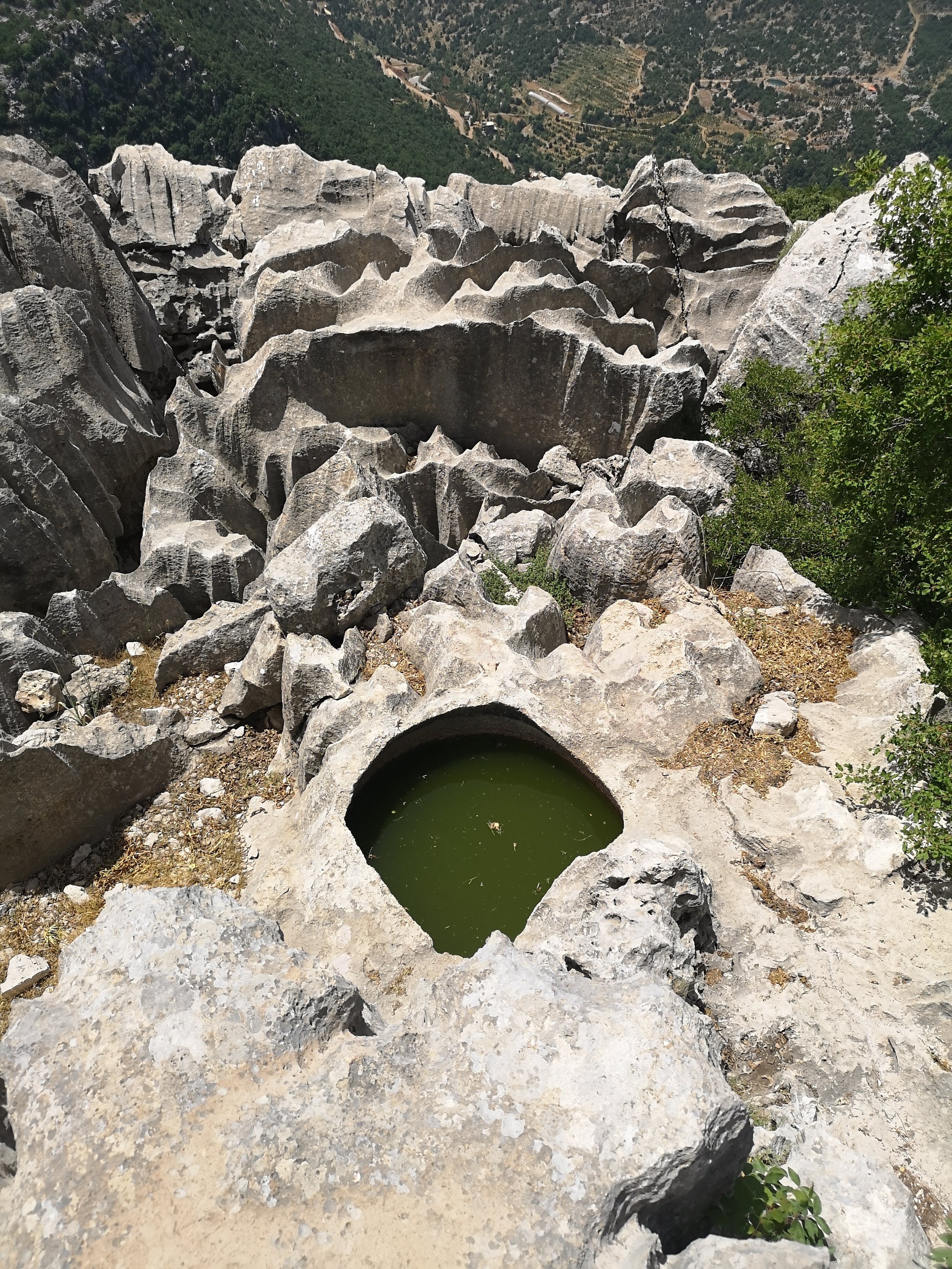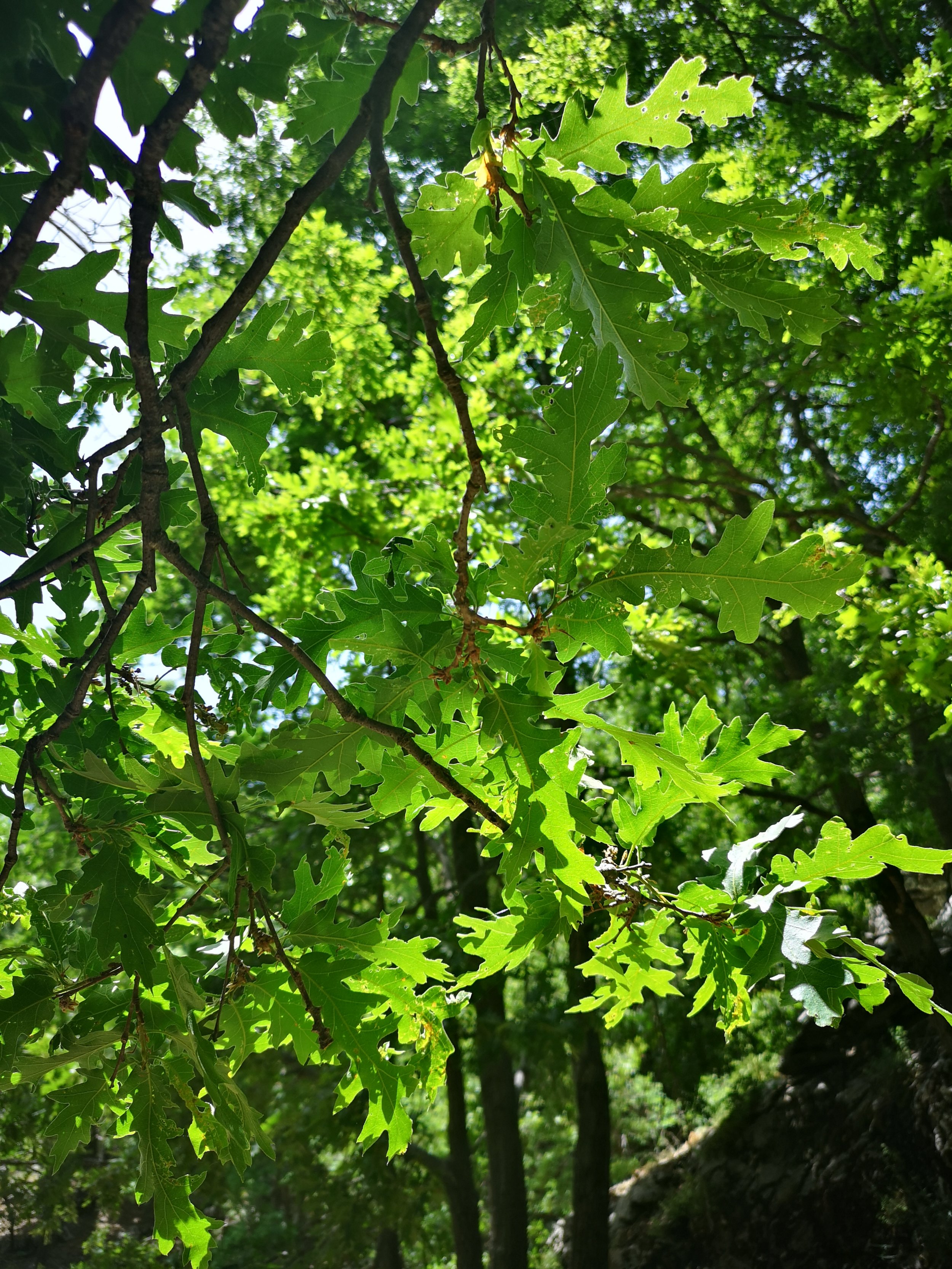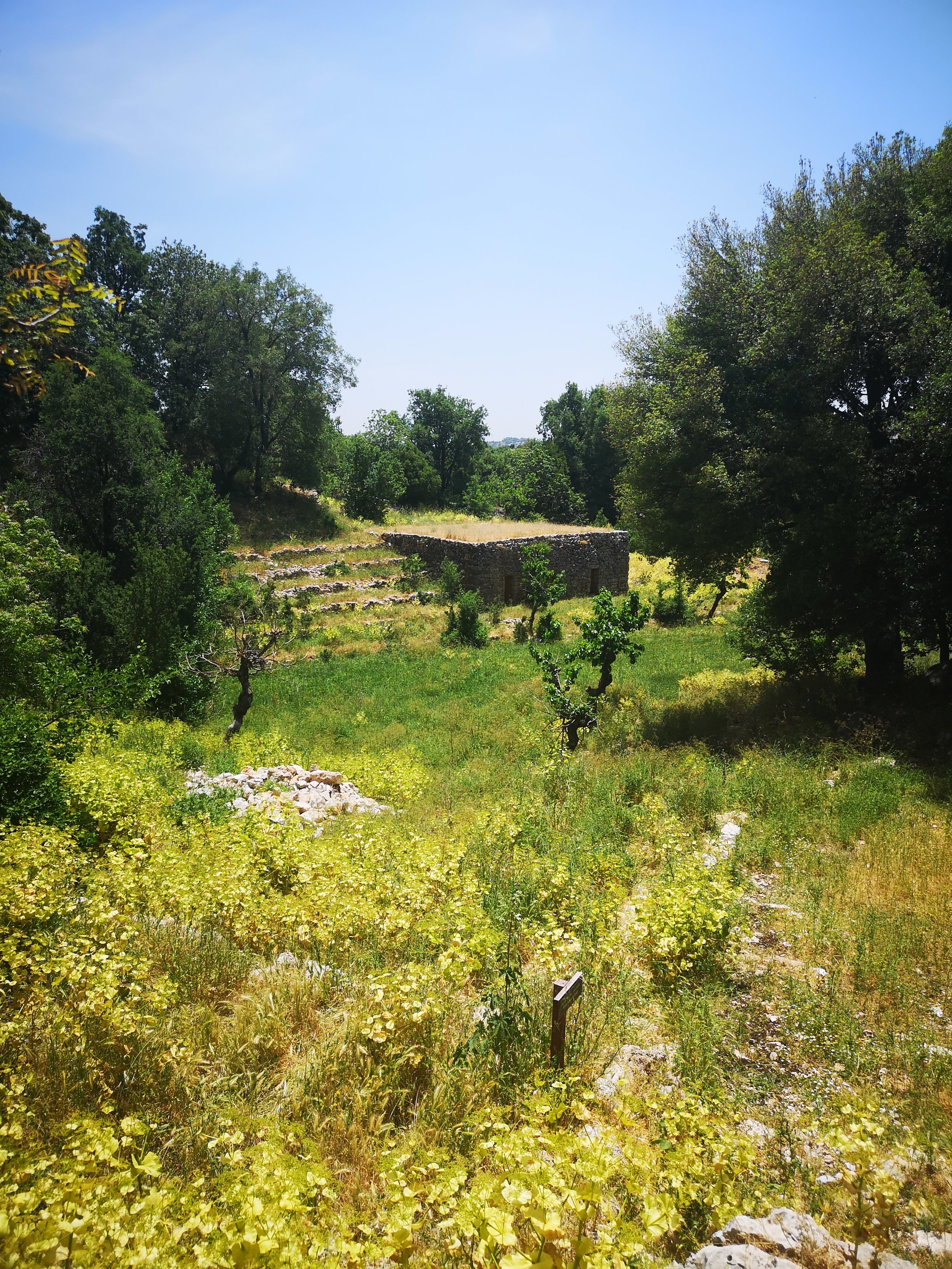The tensions have been building up, at least since I had moved to Hong Kong in 2006: dangerously unequal income distribution, monopolistic real estate development, and fading prospects for the young. I left Hong Kong and moved to Bejing in 2011.
After a century of British occupation, China left Hong Kong untouched and in the spirit of an experiment, whether an ultra-capitalist system can deliver superior living conditions and what can be learned from this. It has been evident for years that this experiment has failed. The British had set up a system of mistrust to the Hong Kong Chinese, and a tight mechanism of checks. But they did not build up a Hong Kong Chinese elite, which would be able to step into their role and at least lead somewhere. Like all their colonies, Britain has ruled these places for the benefit of Britain, not the local people. The tale that Britain brought infrastructure and education to colonies is often distorting the fact that this was only to exploit the colonies more efficiently and to have qualified servants. This is how Hong Kong, for example, became a city of accountants and completely failed to build up technical knowledge or the capability to innovate. Until today, large parts of the education system are mere training entities for useful skills. Very rarely, you find an educated person, and if so, they often come from the Chinese Mainland. One of the last British stunts before the handover was to make the British electric power socket compulsory, to fill their own order books, and make things incompatible to China. Divide and conquer down to a micro-level. I am sure the last British Governor, Chris Patten, has more romantic things to say. That's something they do well: talking.
Four months ago, the bubble burst (a second time). Millions demonstrated peacefully against the implementation of an extradition agreement between the Hong Kong SAR and its mother country. Hong Kong has extradition agreements with many countries. And given that one of the key "services" Hong Kong has to offer, is money laundry and facilitating asset transfers, you can imagine that China does not appreciate having a save heaven for economic criminals within its own borders. But sure, you can't ignore the fears of millions, so the extradition bill was withdrawn. But the frustration, of course, stayed because the extradition bill had nothing to do at all with the shortcomings of Hong Kong's governance. I guess it could have been anything sparking unrest.
Since then, the peaceful protests have bred a violent group going on rampages destroying public and private property and using iron rods, slings, brick, Molotov cocktails (petrol bombs), and sharp objects against citizens and the police. For what I have seen, the police are handling the situation very defensive. Just the fact that there have been until today no casualties is terrific. I cannot believe in any other country, at this level of violence, you would have nobody killed yet.
I have talked to University students ganging up for rampages. They don't know a lot of facts and have a very naive belief in what they think "democracy" can do. Riots give them a sense of belonging and "purpose" in their, at other times, boring and quite meaningless lives. Luckily most of them learned their infantry skills from catching Pokemon and other video games. I do believe they live in some augmented reality. But that they have no clue what they are doing, does not mean they can't be physically dangerous. If you have ever seen what happens in a chicken stable when they start hacking down on a chicken that struggles: this is how these kids fight. They smash from the back people who are struggling, and then they run. Not exactly Bruce Lee. At the same time, they talk of "police violence" and even demand an independent investigation. My guess is that this investigation would find that the rioters have been treated very mildly. Too mild for my taste. But that's perhaps a different cultural viewpoint.
The infrastructure is undergoing repairs, while the rioters now focus their violence on Mainland Chinese shops and tycoon's property. I had to tell a bunch of them off today who wanted to make trouble to the staff in a Park & Shop convenience store (owned by Li Ka Shing, who definetly is a contributor to the struggles of Hong Kong people). They would really harass some of the poorest of the poor Hong Kong shop workers, laboring in this store "to teach Li Ka Shing a lesson". What a bad joke! I can't help thinking of the Nazi mob in Germany in 1933 looting and burning Jewish stores. This was the beginning of a very dark chapter in world history. I hope here things clear up and start to tackle the real issues. In the end, most of Hong Kong's problems are homemade. And if China would not protect and support Hong Kong SAR, most of the accountants here would be already back to fishing.



